Grammar Girl Quick and Dirty Tips for Better Writing
Dettagli canale
Grammar Girl Quick and Dirty Tips for Better Writing
Five-time winner of Best Education Podcast in the Podcast Awards. Grammar Girl provides short, friendly tips to improve your writing and feed your love of the English language. Whether English is your first language or your second language, these grammar, punctuation, style, and business tips will m...
Episodi recenti
993 episodi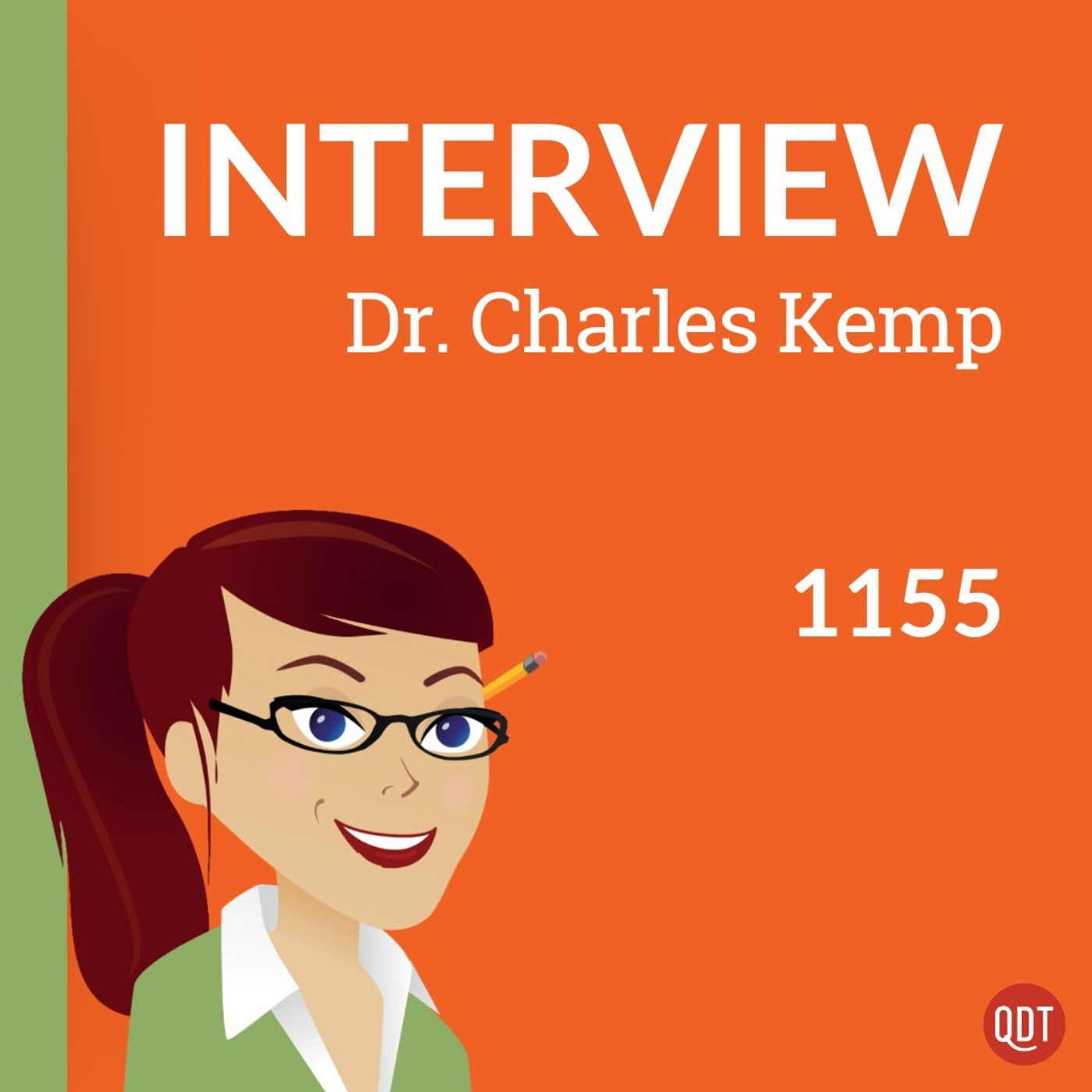
How can there be hundreds of words for snow? with Dr. Charles Kemp
1155. This week, we look at whether it’s actually true that Inuit languages have hundreds of words for snow with Dr. Charles Kemp. We look at how rese...
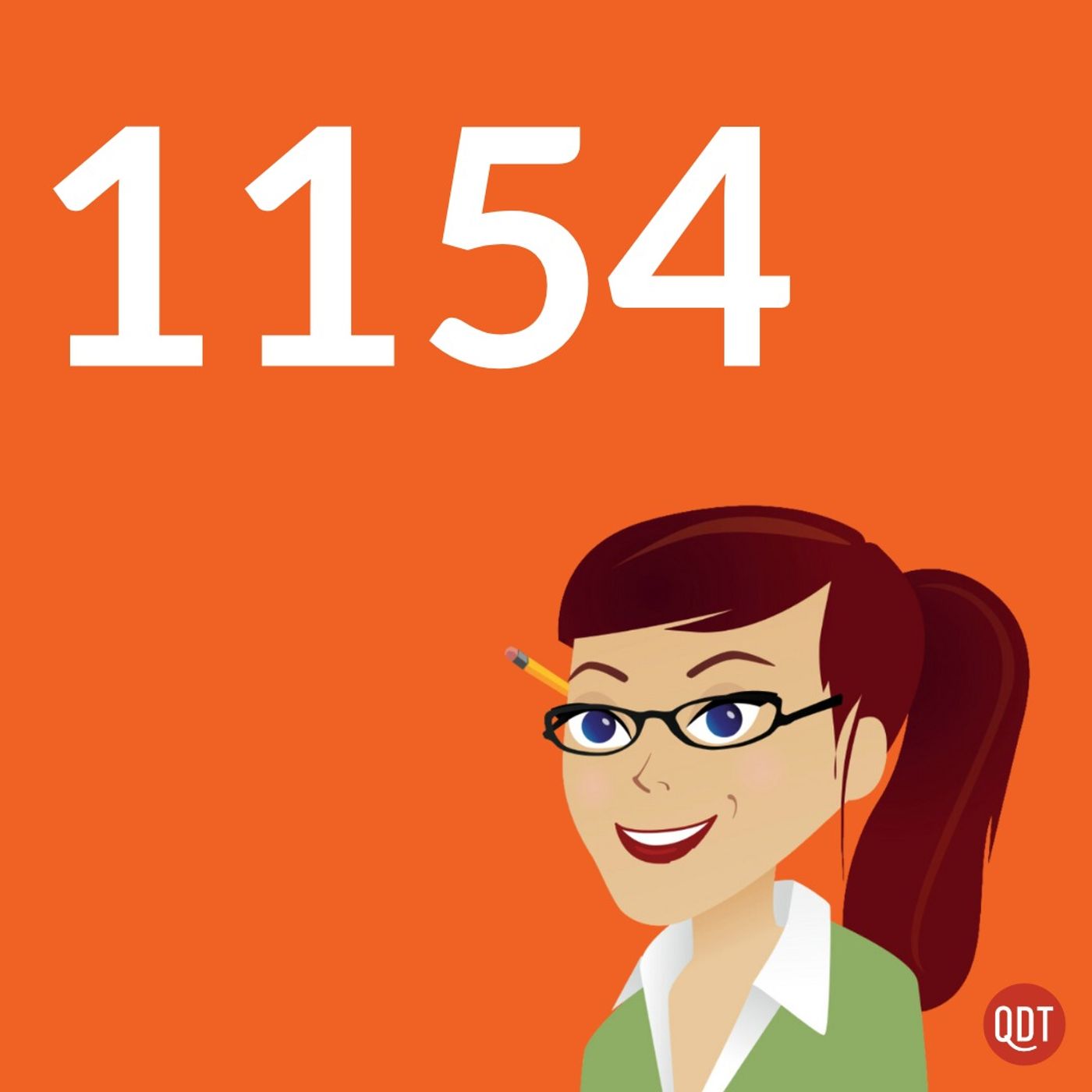
Scarecrows and other 'cutthroat' compounds. Reading versus listening. Squirrel Hill Tunnel.
1154. This week, we look at "headless" nouns like "scarecrow," "pickpocket," and "breakfast." We look at why these "cutthroat compounds" break the nor...

Scrabble strategy and tournament culture, with John Chew
1153. This week, we look at the high-stakes world of Scrabble tournaments with John Chew, head of the North American Scrabble Players Association. We...
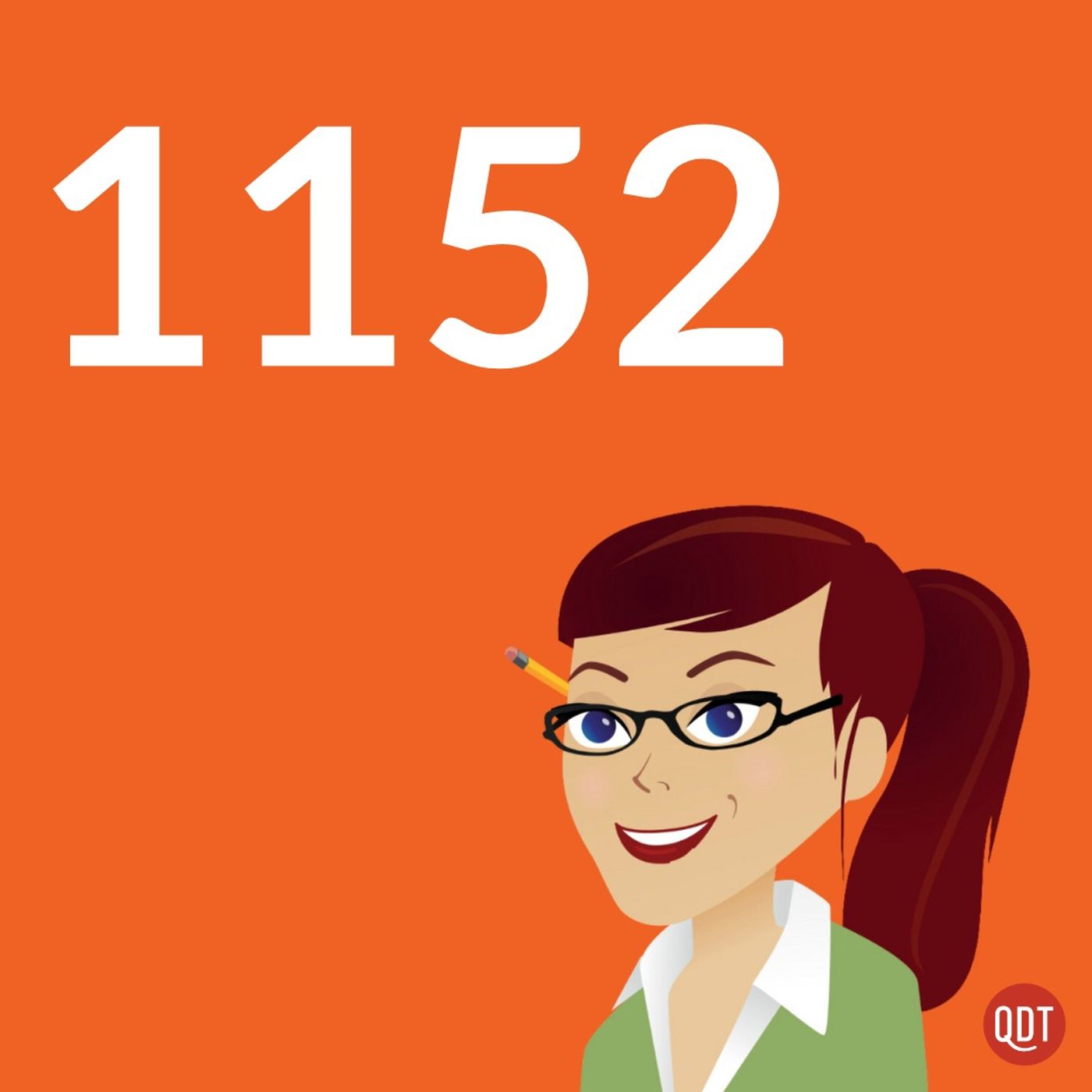
What is a baker’s dozen? Making O-words plural. Wrong pew.
1152. This week, we look at what a baker's dozen is and why it's actually 13. We also look at other "dozen" phrases, like "devil's dozen" and "banker'...
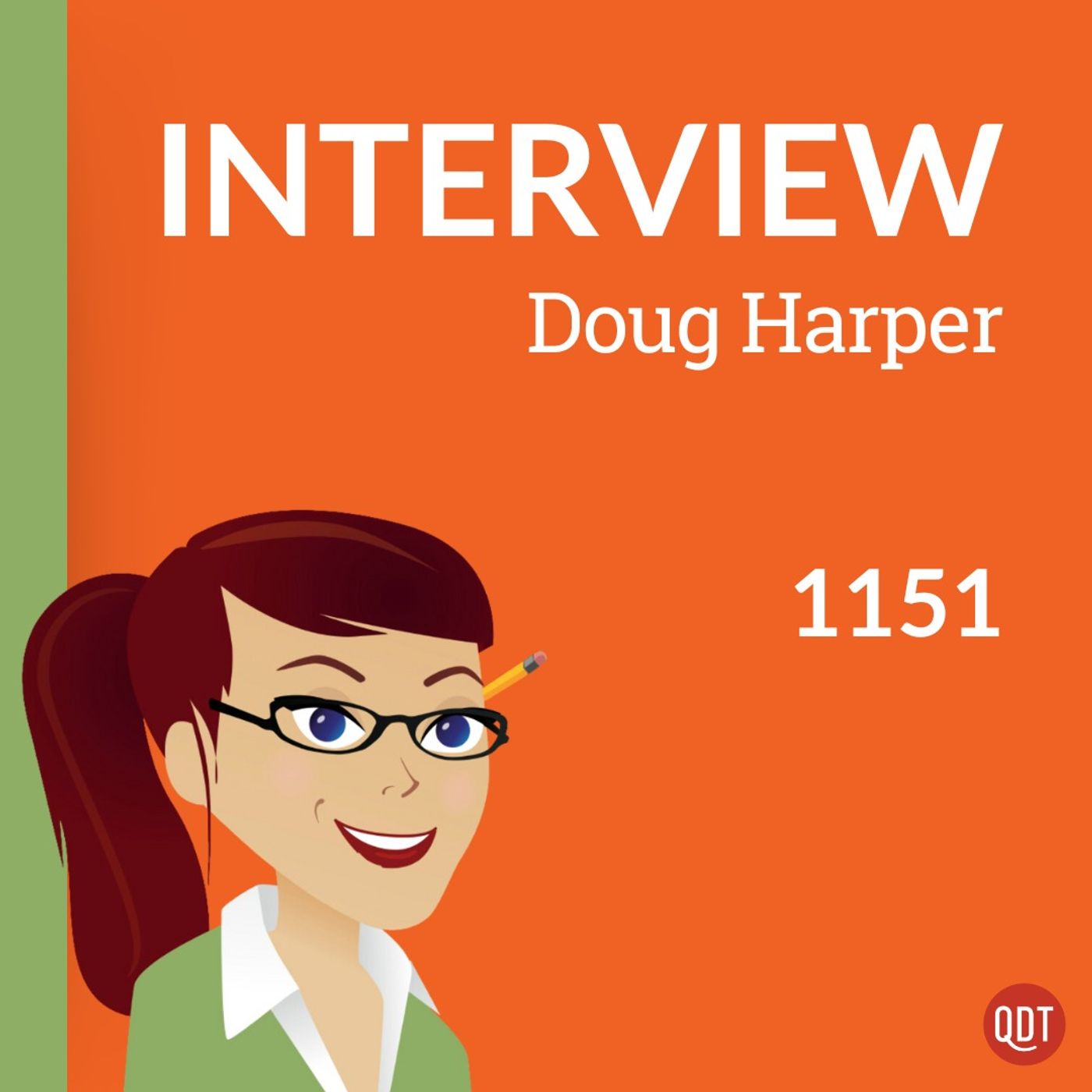
Building the Online Etymology Dictionary, with Doug Harper
1151. This week, we look at the deep history of words with Doug Harper, creator of Etymonline. We look at the "gravitational" link between digging a g...
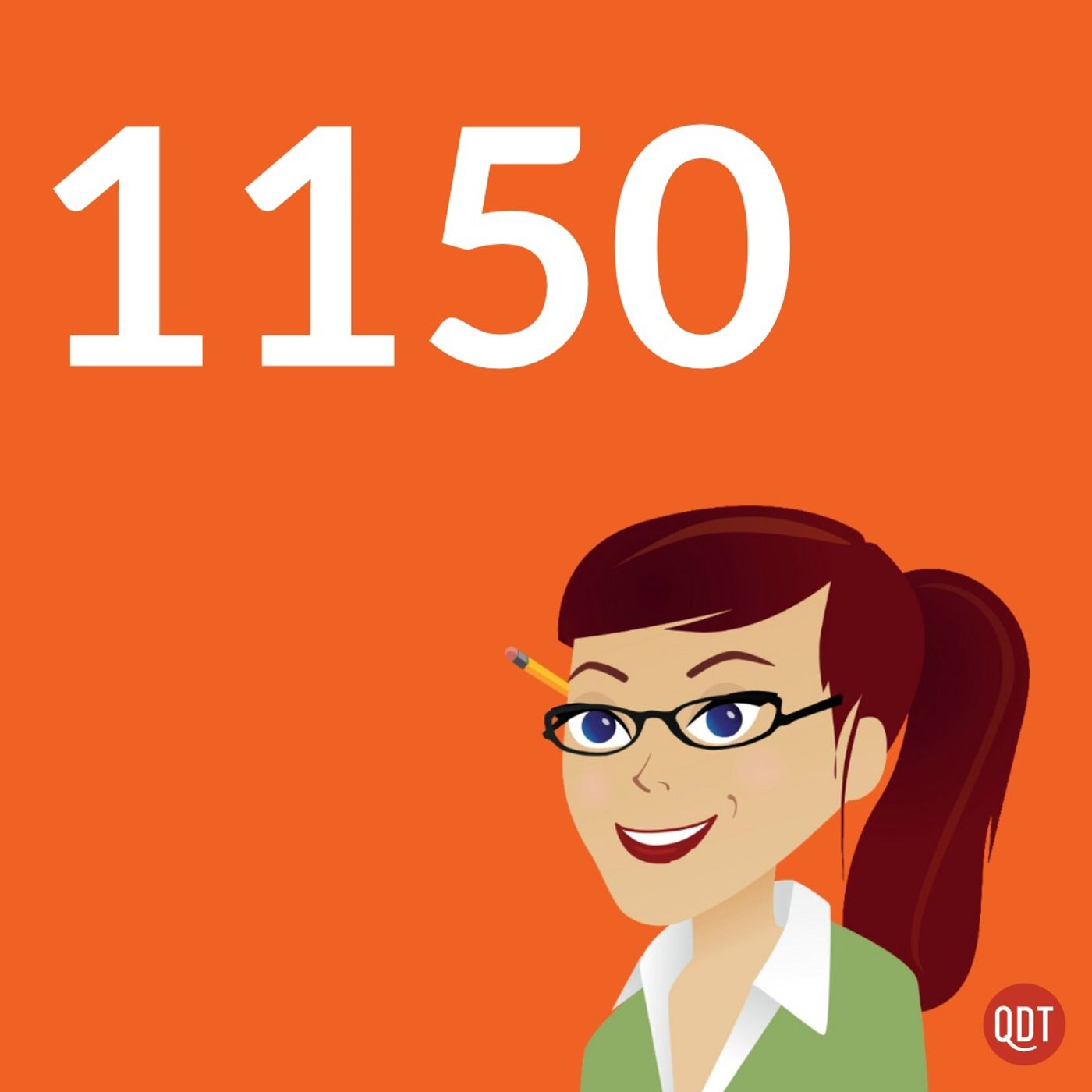
Using ‘impact’ as a verb. ‘Sympathy’ versus ‘empathy.’ Big help, Irving.
1150. This week, we look at "impact" as a verb and why it's a pet peeve for so many editors and readers. Then, we look at the linguistic shift between...
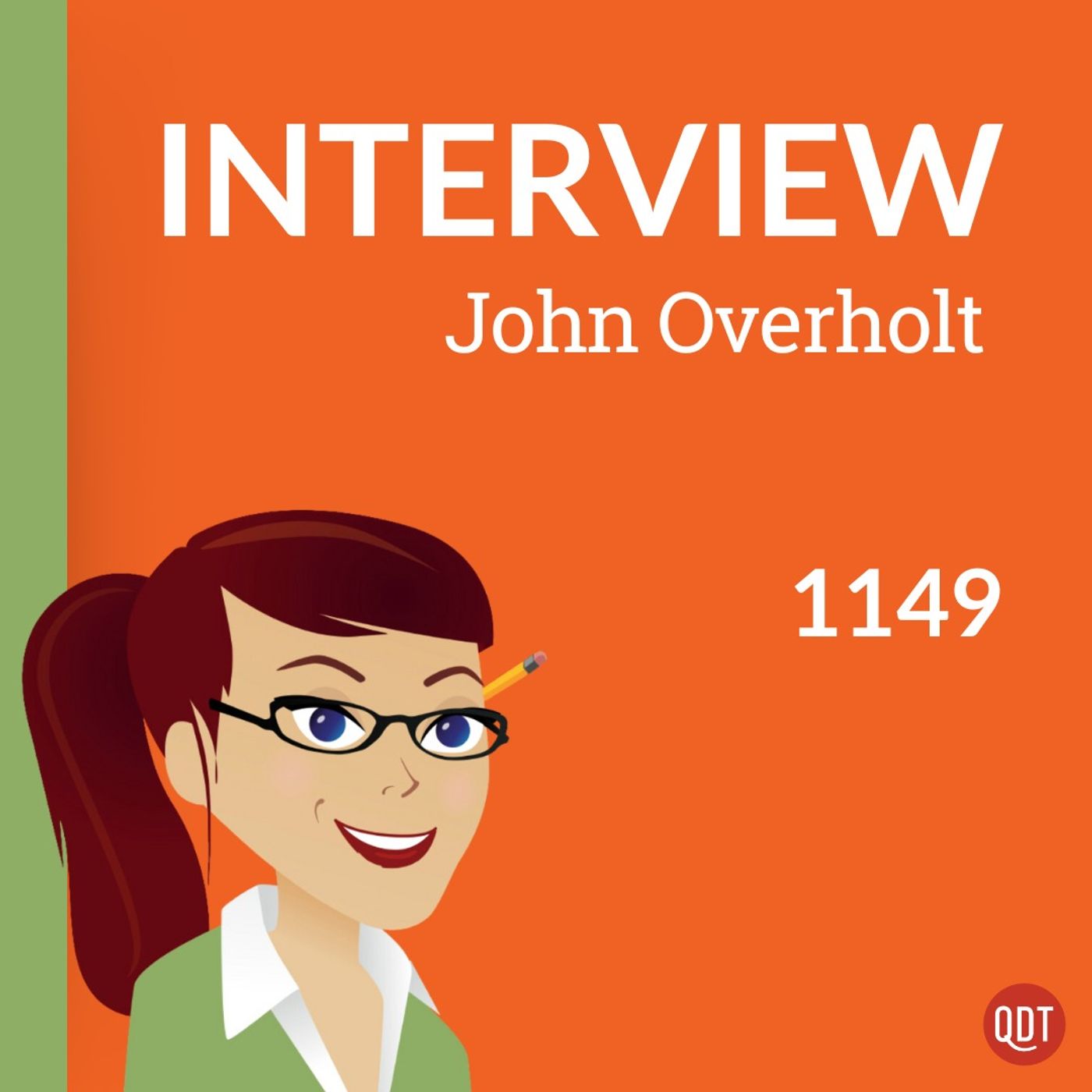
Rare books, burned letters, and Johnson’s dictionary, with John Overholt
1149. This week, we look at the life and legacy of Samuel Johnson, the man behind the 1755 Dictionary of the English Language. We talk with John Overh...
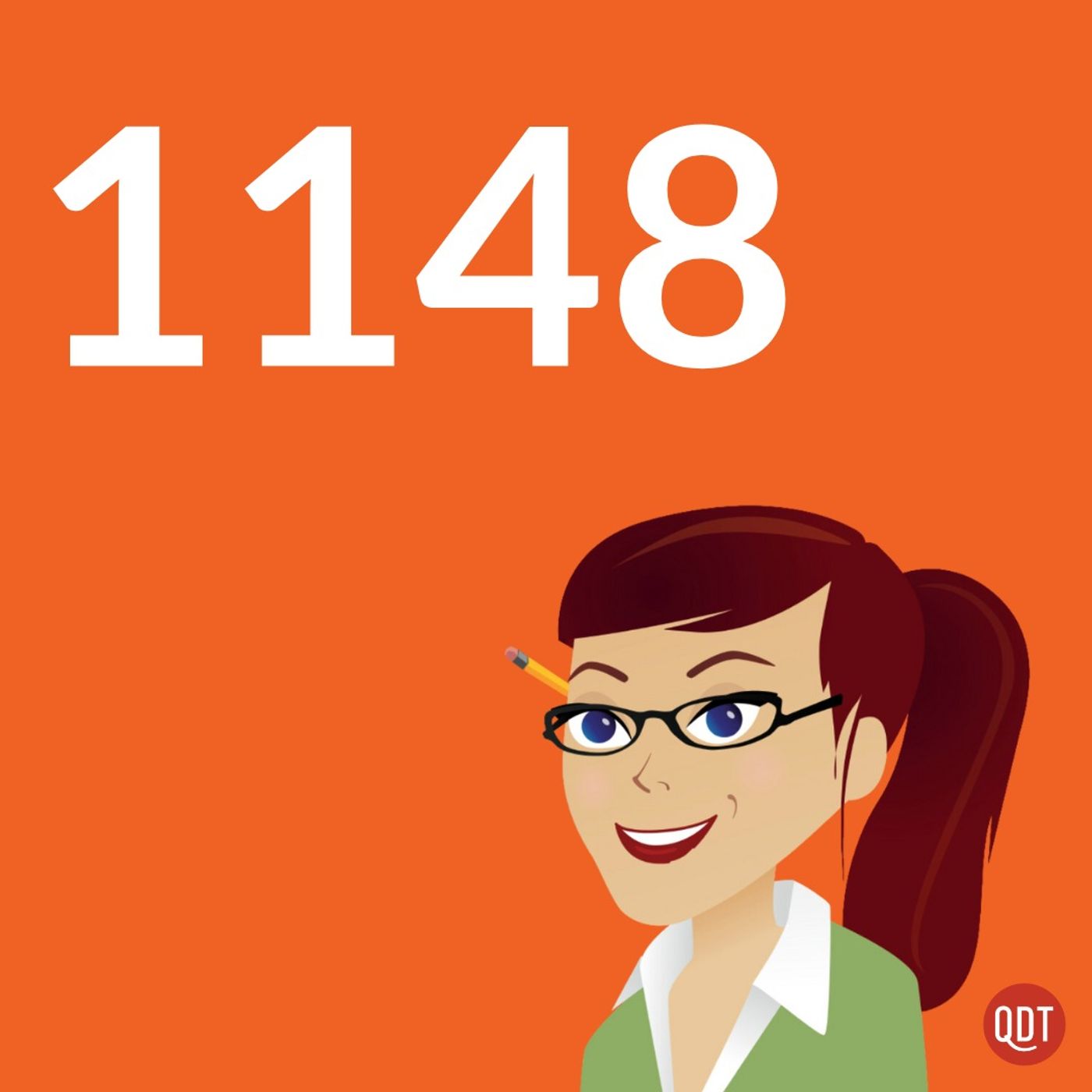
Penny idioms that are still legal tender. The linguistic history of procrastination. Tanner tour.
1148. This week, we look at penny idioms that are still "legal tender" in our language even as the U.S. penny is retired. We look at the history of ph...
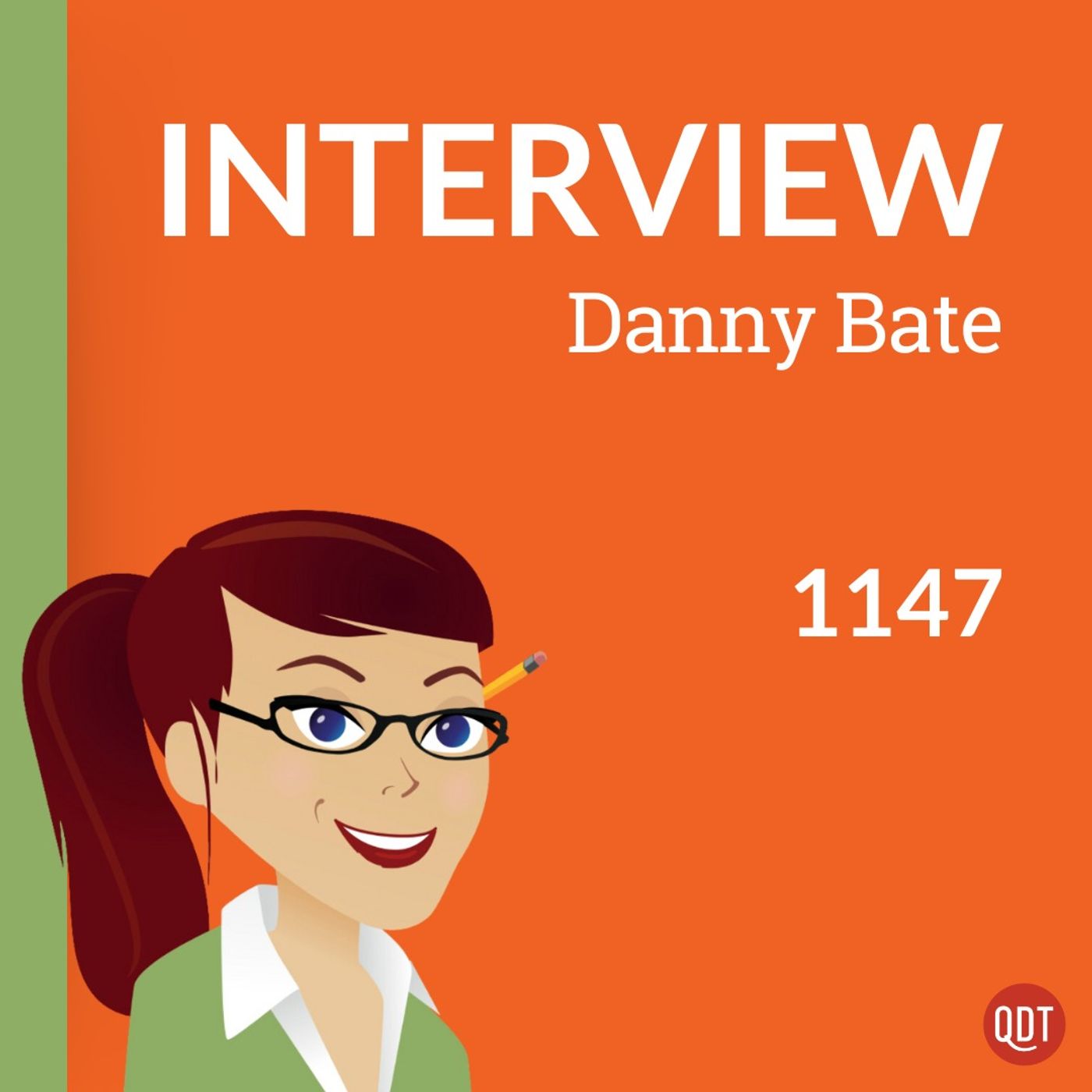
The Goth letters: why the alphabet goes off the rails after T, with Danny Bate
1147. In this bonus segment that originally ran in October, we look at the fascinating history of the "new letters" of the alphabet — V, W, X, Y, and...
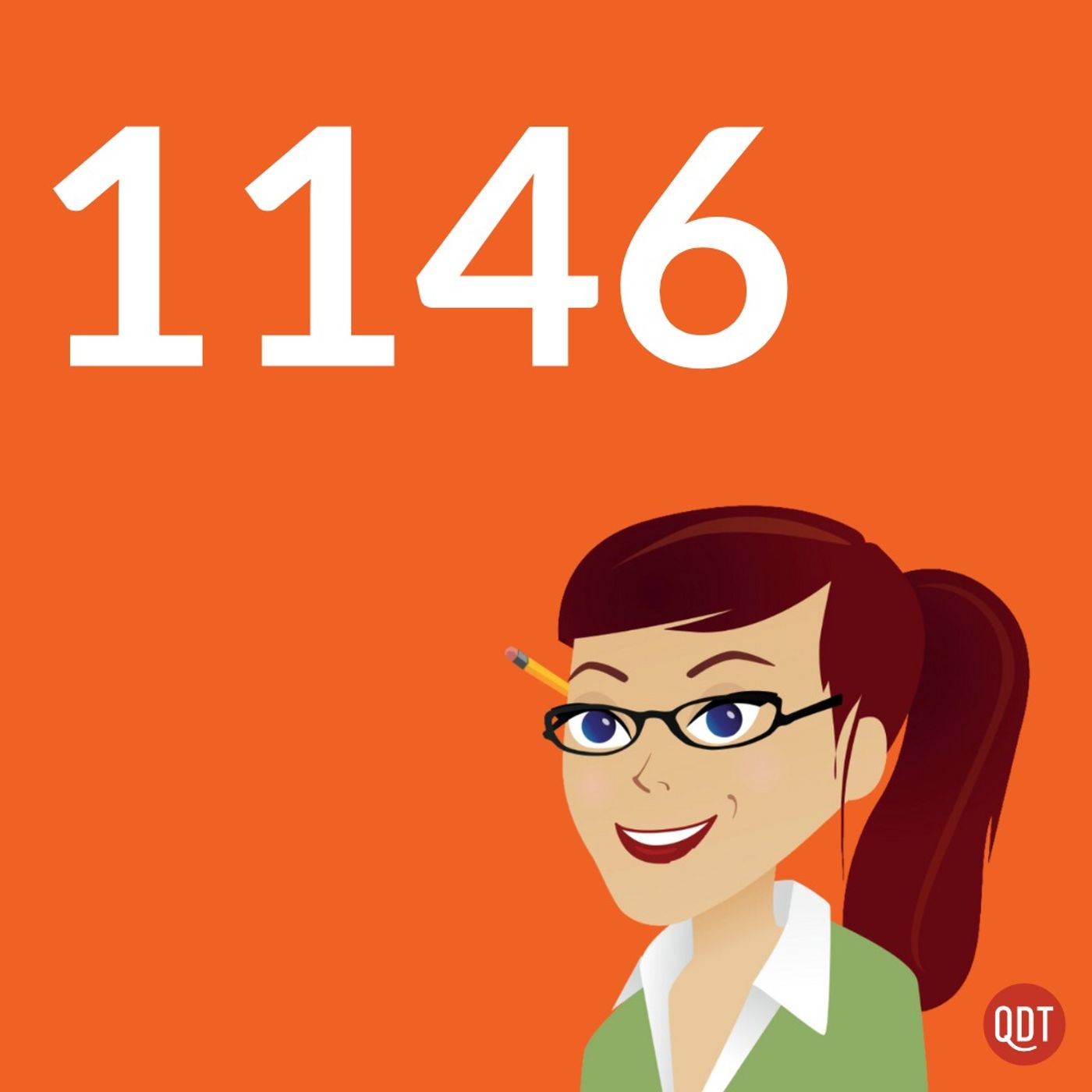
War of the dots. Why we say 'pitch black.' Pitch hot.
1146. This week, we look at the history of Braille, from the tragic accident that inspired Louis Braille's six-dot system to the "War of the Dots"—a d...
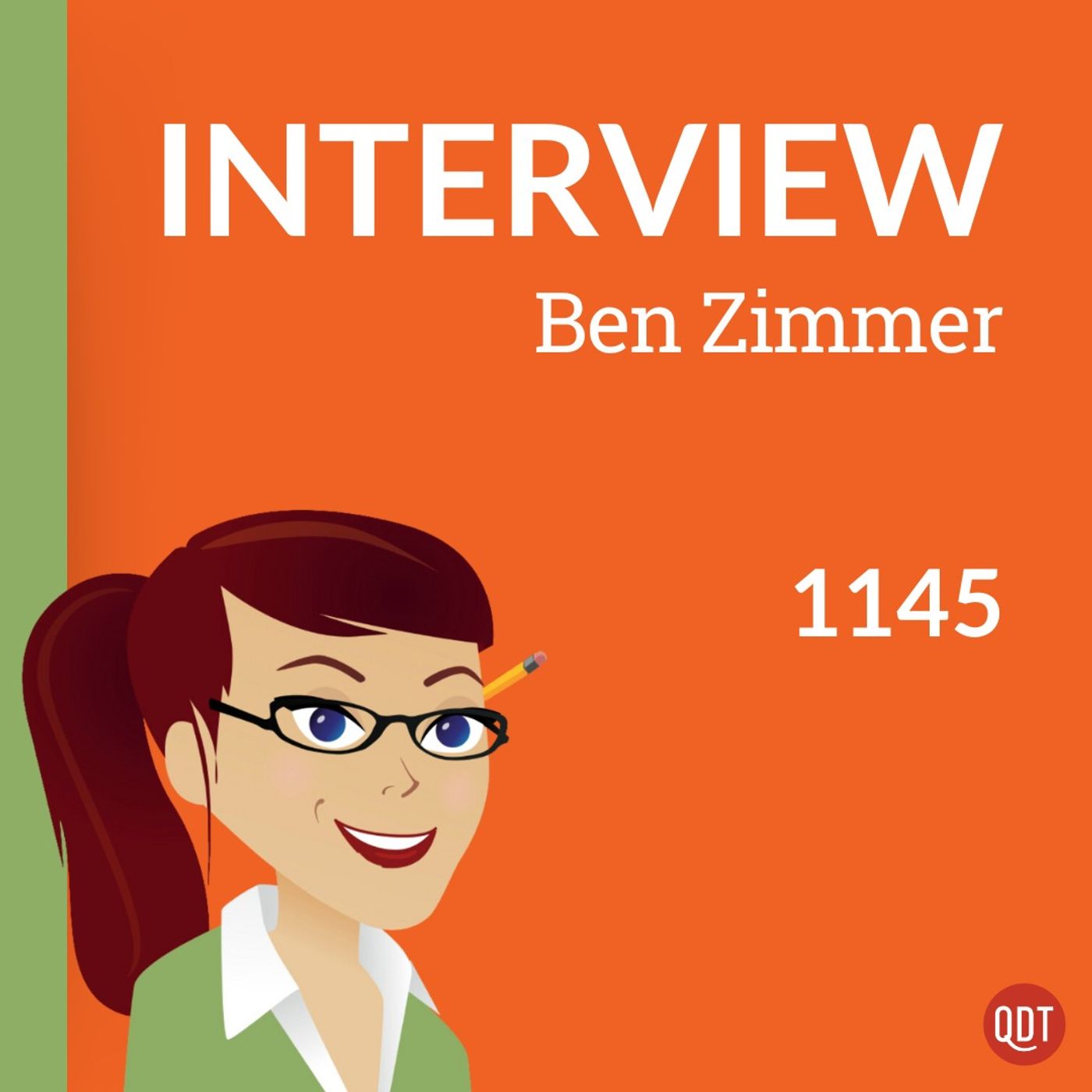
How a long-lost yearbook revealed the origin of 'hella,' with Ben Zimmer
1145. In this bonus segment from October, I talk with Ben Zimmer about "hella" and how even yearbook messages can be digitized to help preserve the la...

The origin of X in algebra. Why we say ‘how come’ for ‘why.’ Water handles.
1144. This week, we look at the origin of the letter X as the variable for the unknown in algebra. Then, we look at the phrase "how come," explaining...
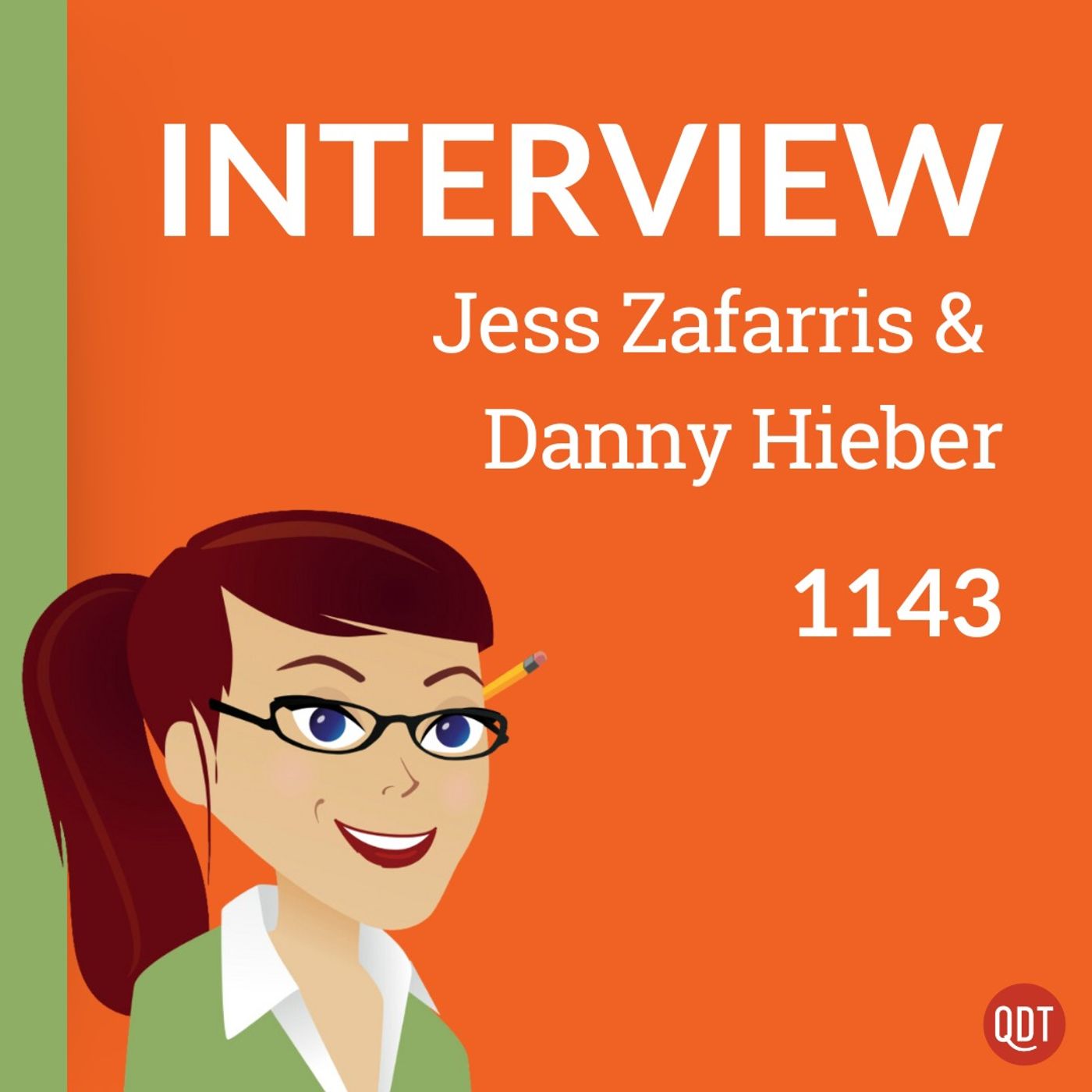
2025 Words of the Year, with Jess Zafarris and Danny Hieber
1143. This week, we look at the 2025 words of the year with Jess Zafarris and Danny Hieber. We look at viral slang like "six seven" and cultural terms...
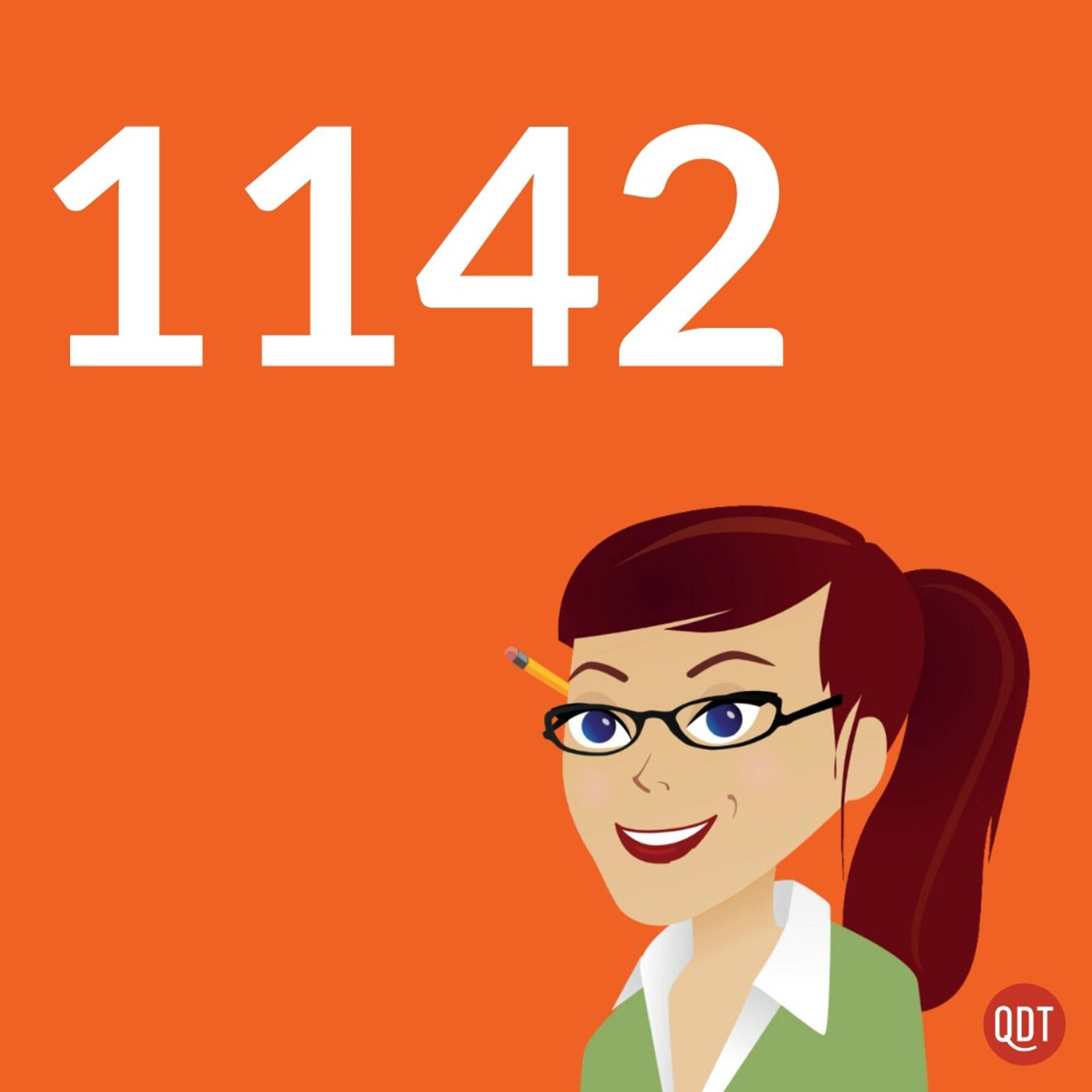
'Pride and prejudice' before Jane Austen. Was Parson Brown a real person? Happy Panda.
1142. This week, we look at the history of the phrase "pride and prejudice," which was used frequently before Jane Austen’s 1813 novel. Then, we look...
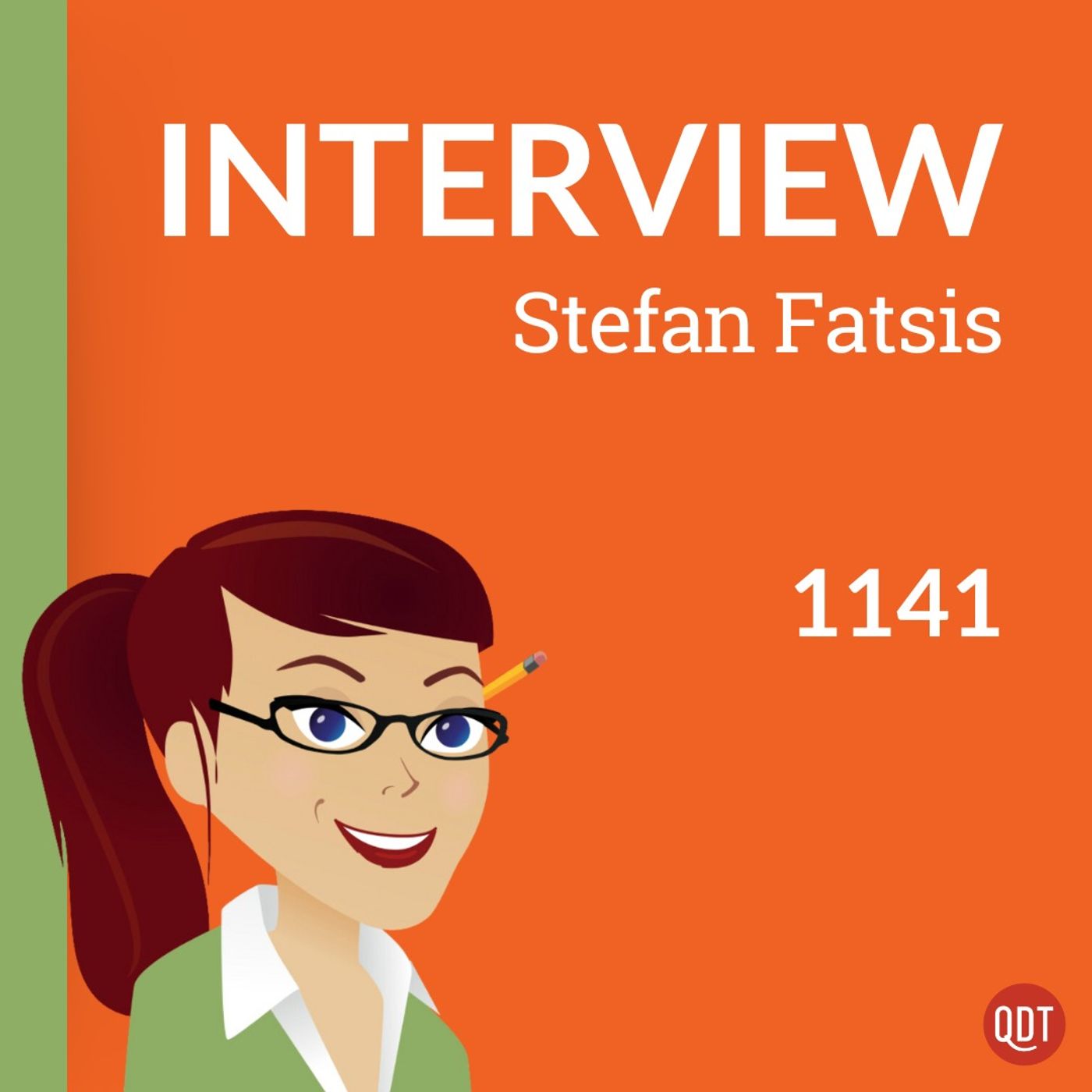
The 'sheeple' incident, with Stefan Fatsis
1141. We look at the controversy that caught Stefan Fatsis by surprise when he defined the word "sheeple" for Merriam-Webster, leading to public compl...
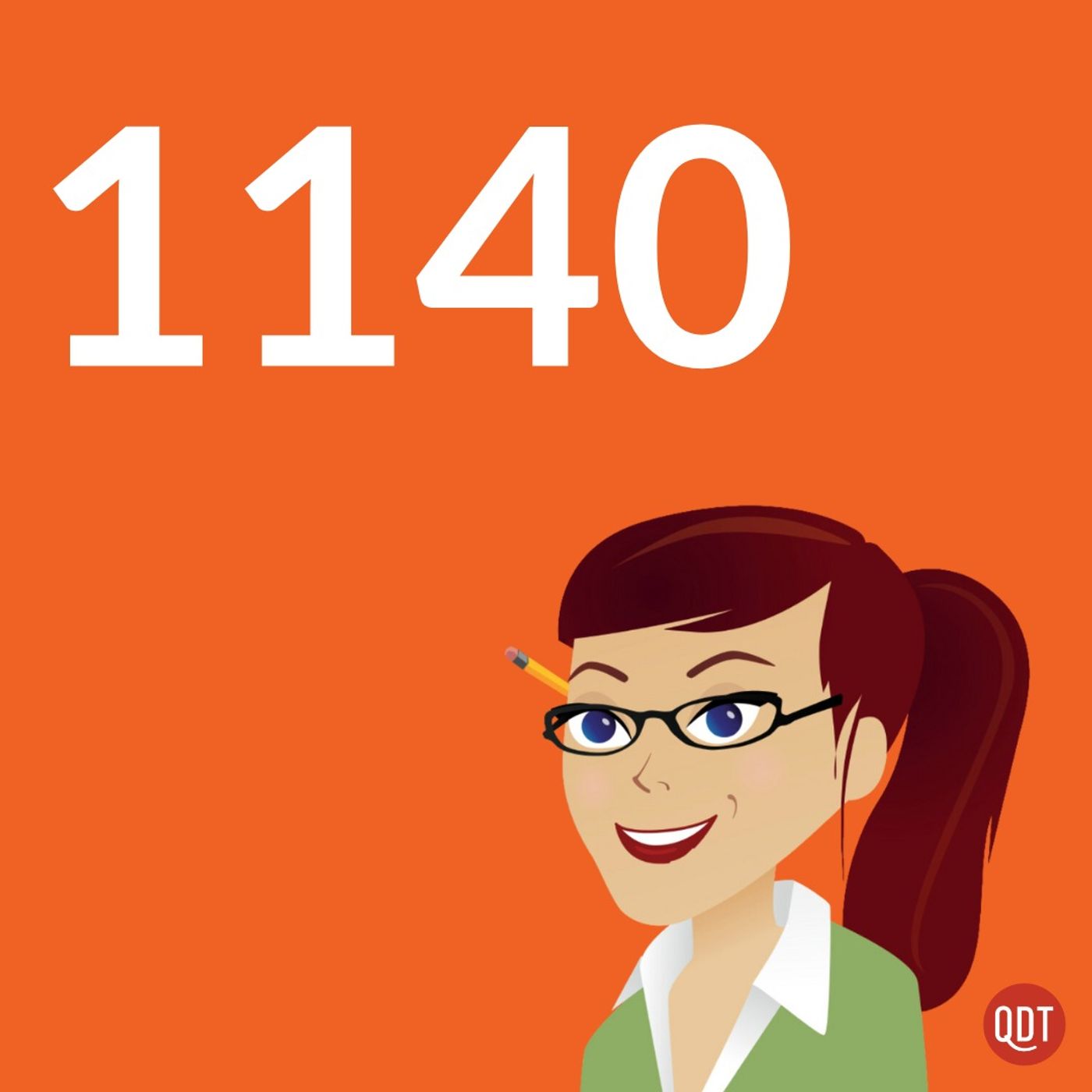
The rise of the 'hamster wheel.' The many names of Santa Claus. Unattractive turtles.
1140. This week, we look at the difference between the modern phrase "hamster wheel" and the older "rat race," and why the former gained popularity. W...
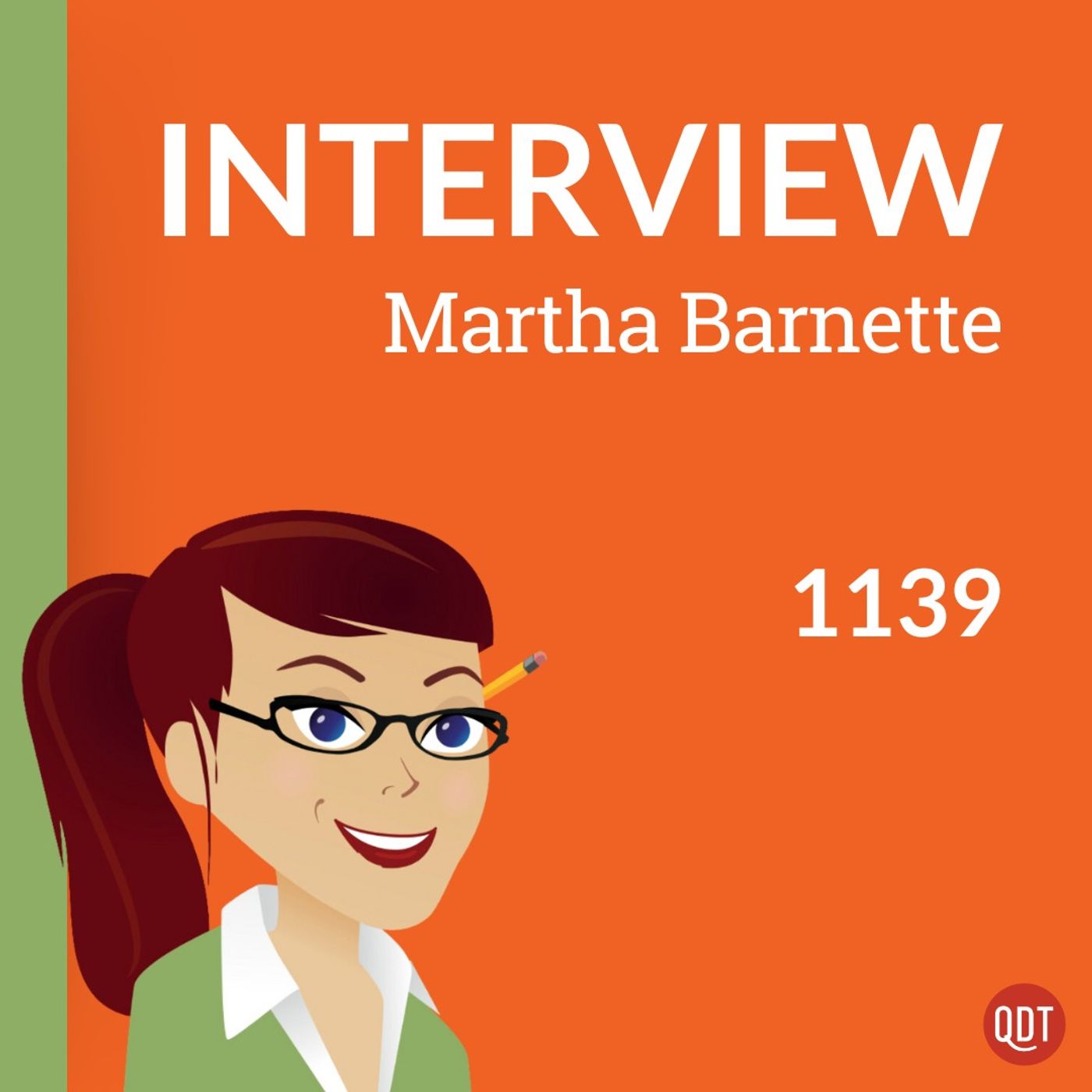
An inspiring tutor, 'New York System' hot dogs, and 'queen spotting.'
1139. In this bonus discussion with Martha Barnette back in March, we look at Martha's pivotal twelve-year journey with a polyglot tutor who transform...
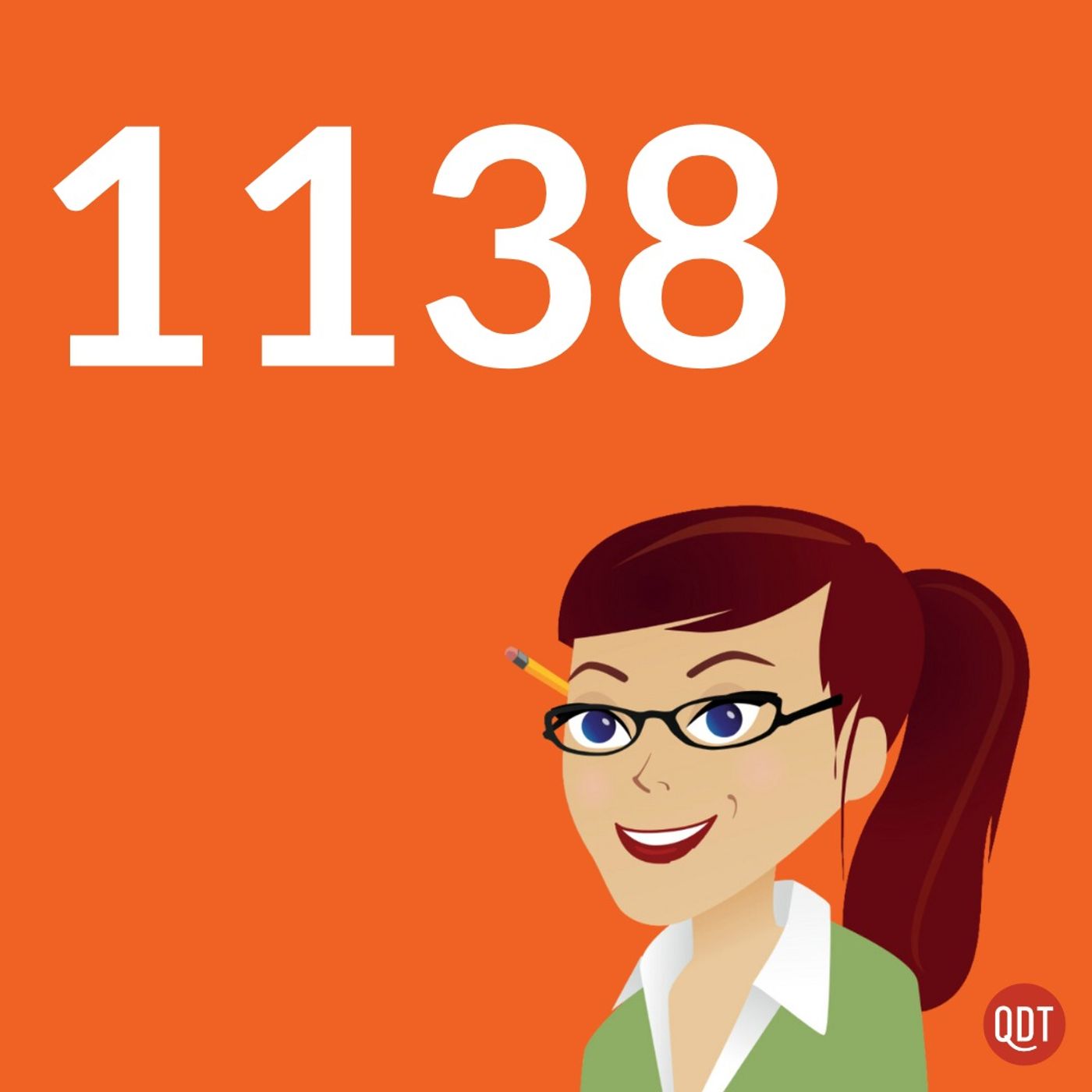
Why Brits eat biscuits and Americans eat cookies. Why brands keep nouning everything. Hamster alert.
This week, in honor of National Cookie Day, we look at the vocabulary split between British and American English, including the differences between a...
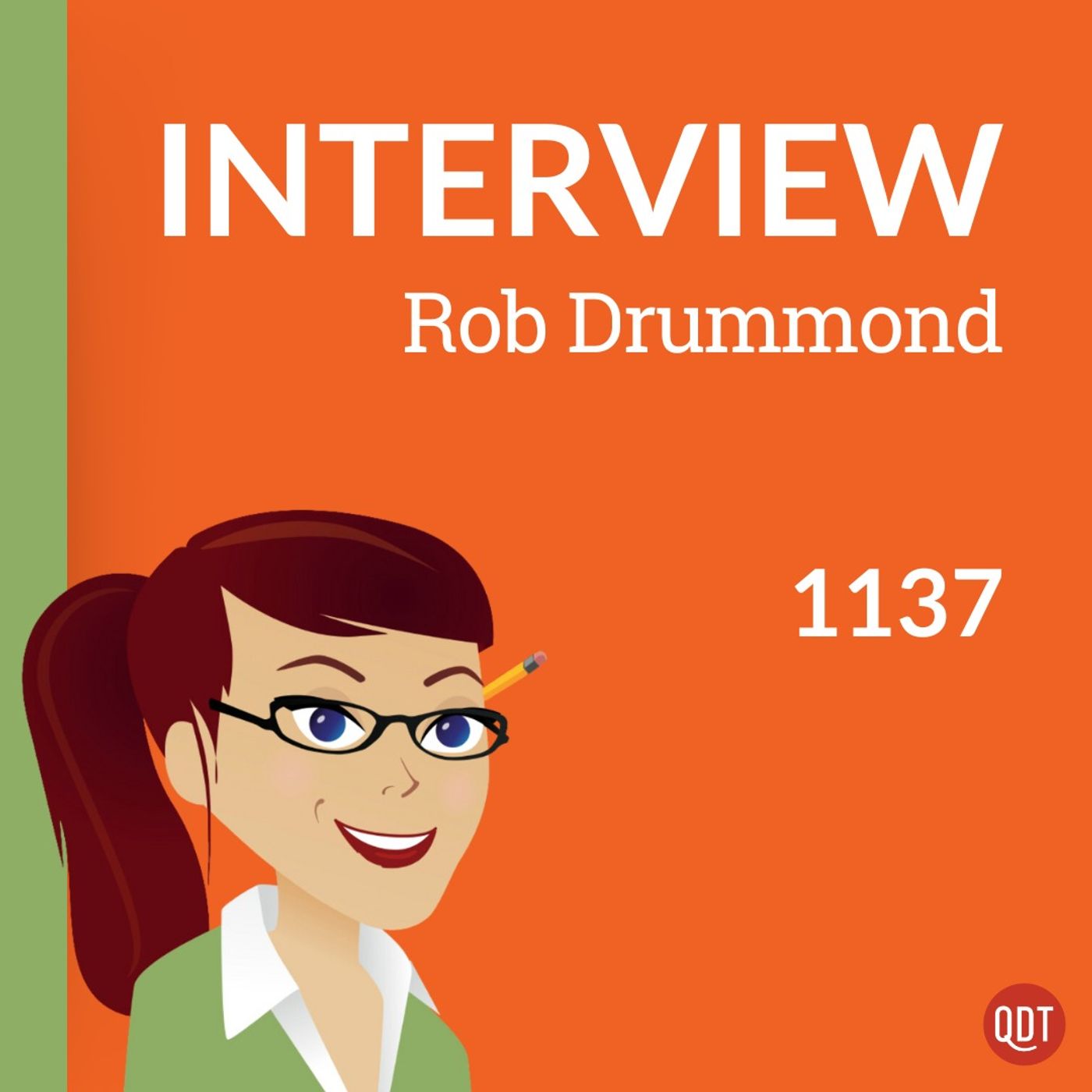
Rob Drummond on languaging and our fluid speaking identities
In this bonus conversation with Rob Drummond from back in June, he and I get into the fascinating concept of "languaging" — the idea that speaking is...
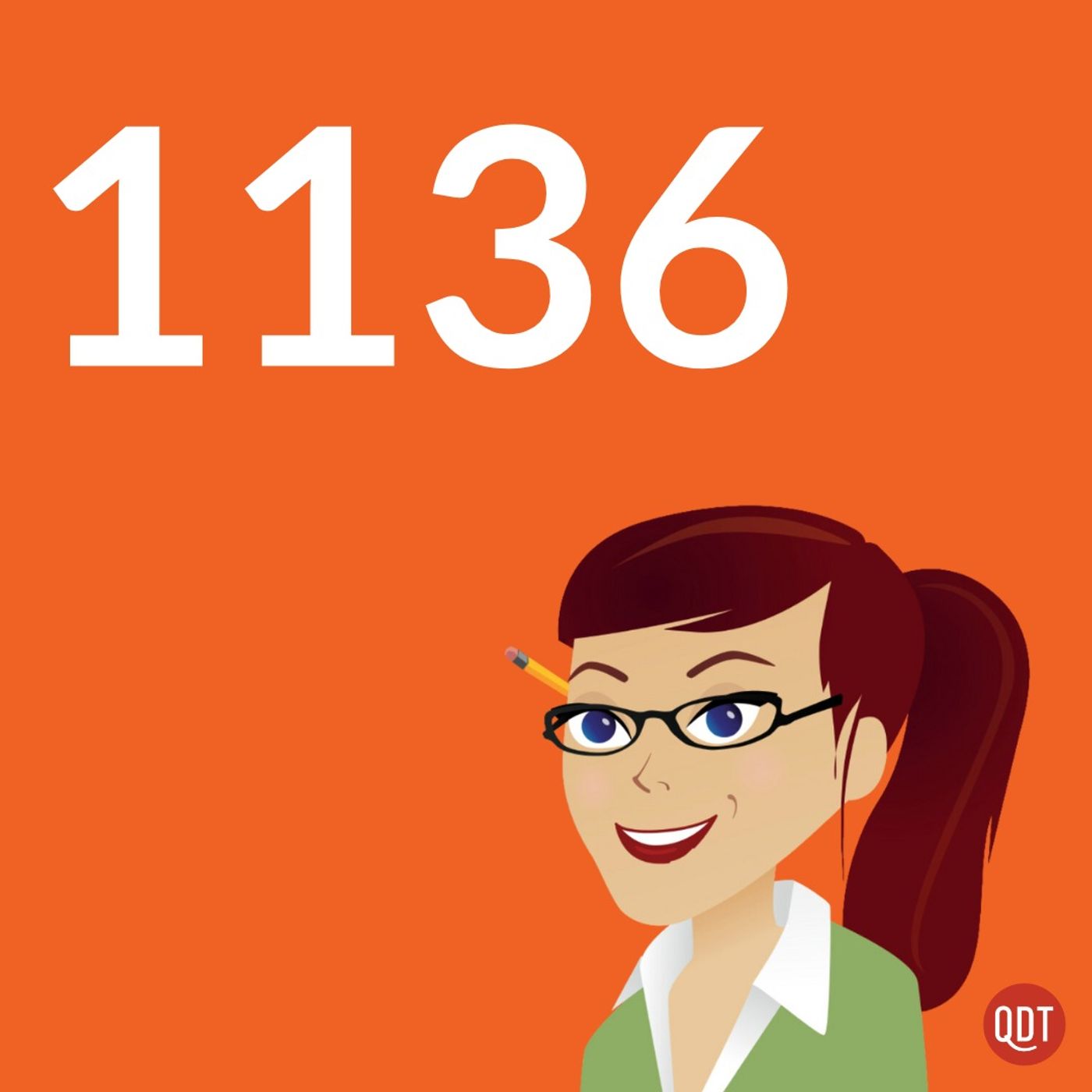
The sinful fork (and other dinner-table surprises)
1136. This week, we go full Thanksgiving, talking about the origin of butter knives, forks, and more. You'll love all the tidbits you can share with y...
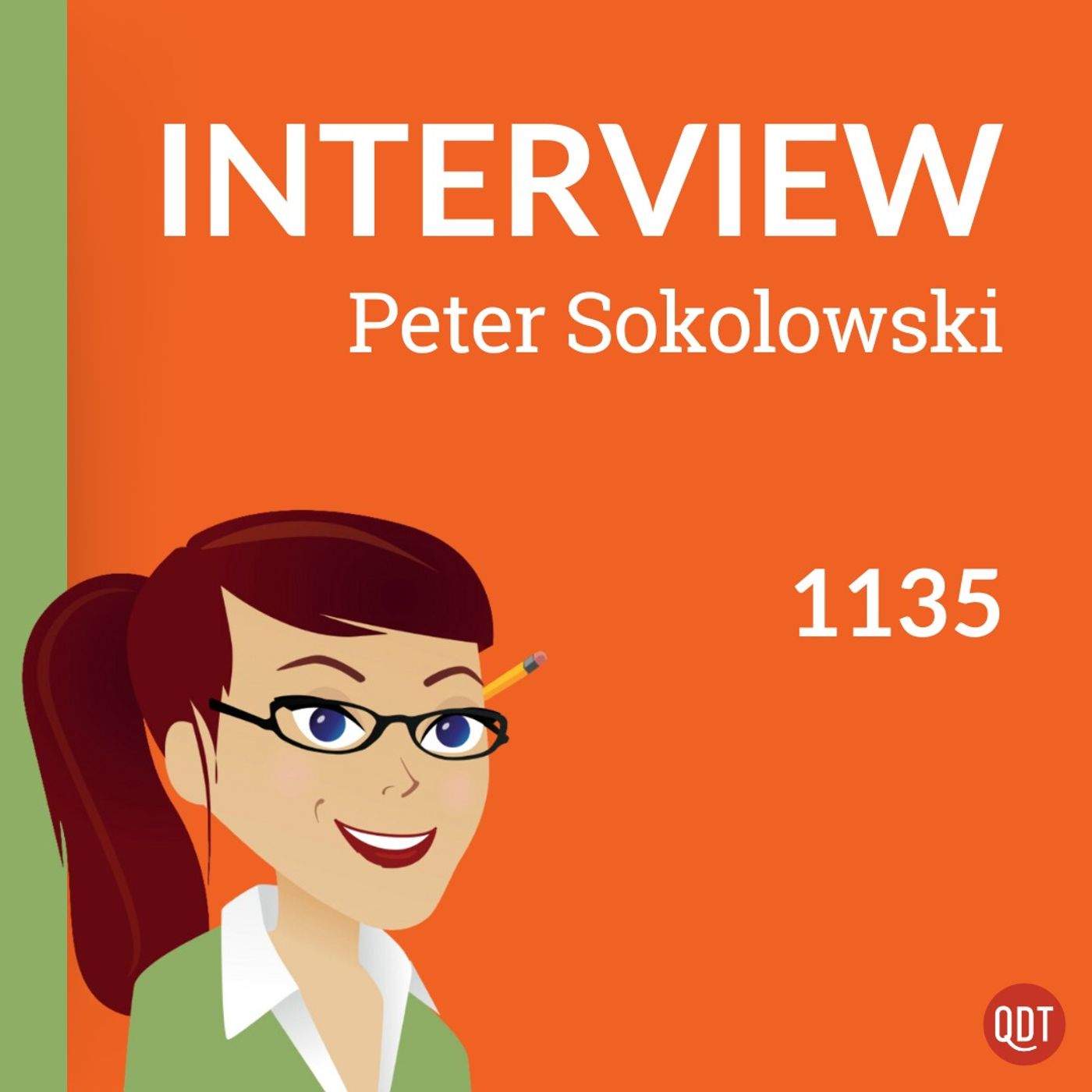
Why print dictionaries still matter, with Peter Sokolowski
1135. This week, we talk with Peter Sokolowski, editor at large at Merriam-Webster, about the new print 12th Collegiate Dictionary. We look at why pri...
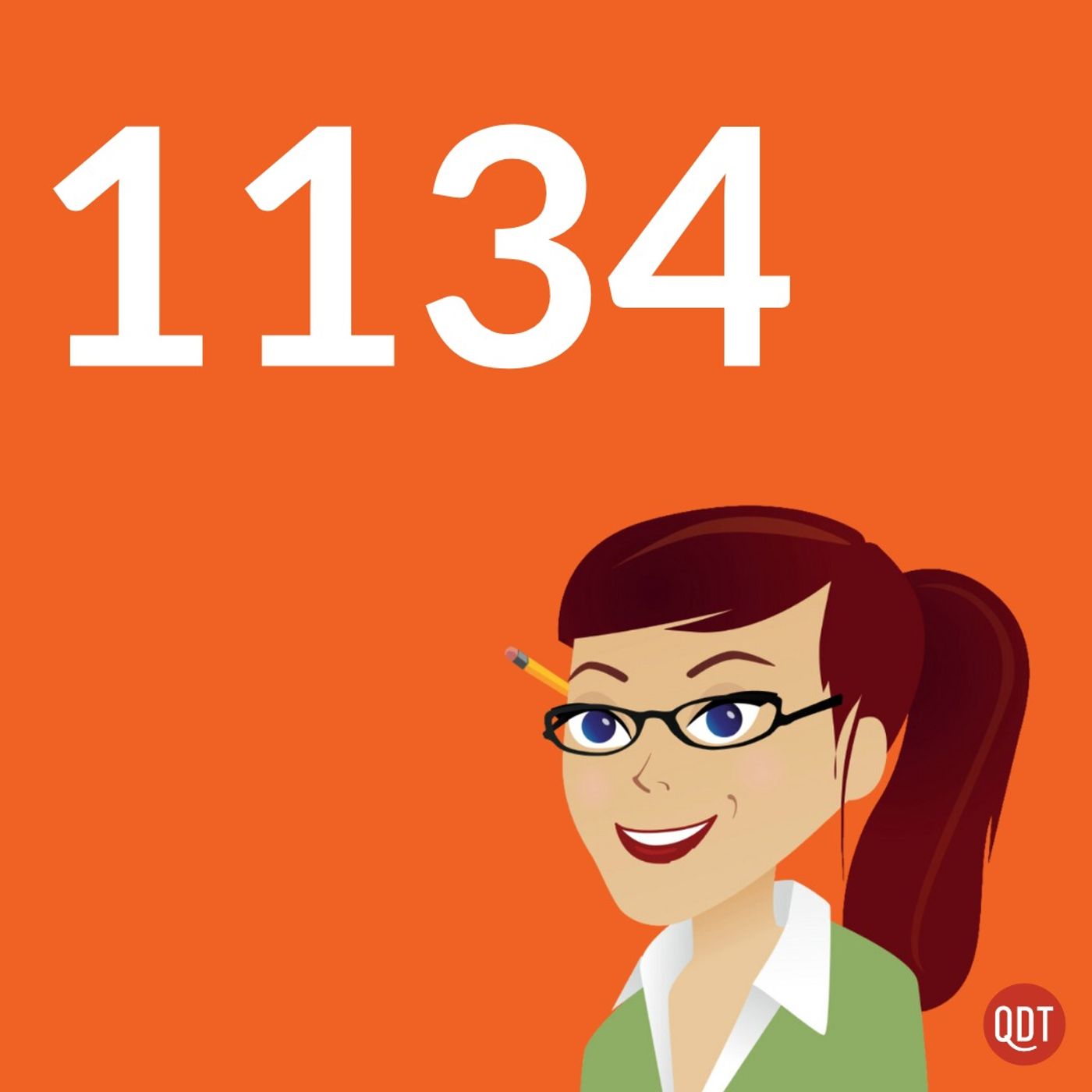
Personification in language and AI. Dictums, maxims, and proverbs. Expensitive.
1134. This week, we look at the poetic power of personification (the language quirk that gives human traits to nonhuman things) and why style guides a...
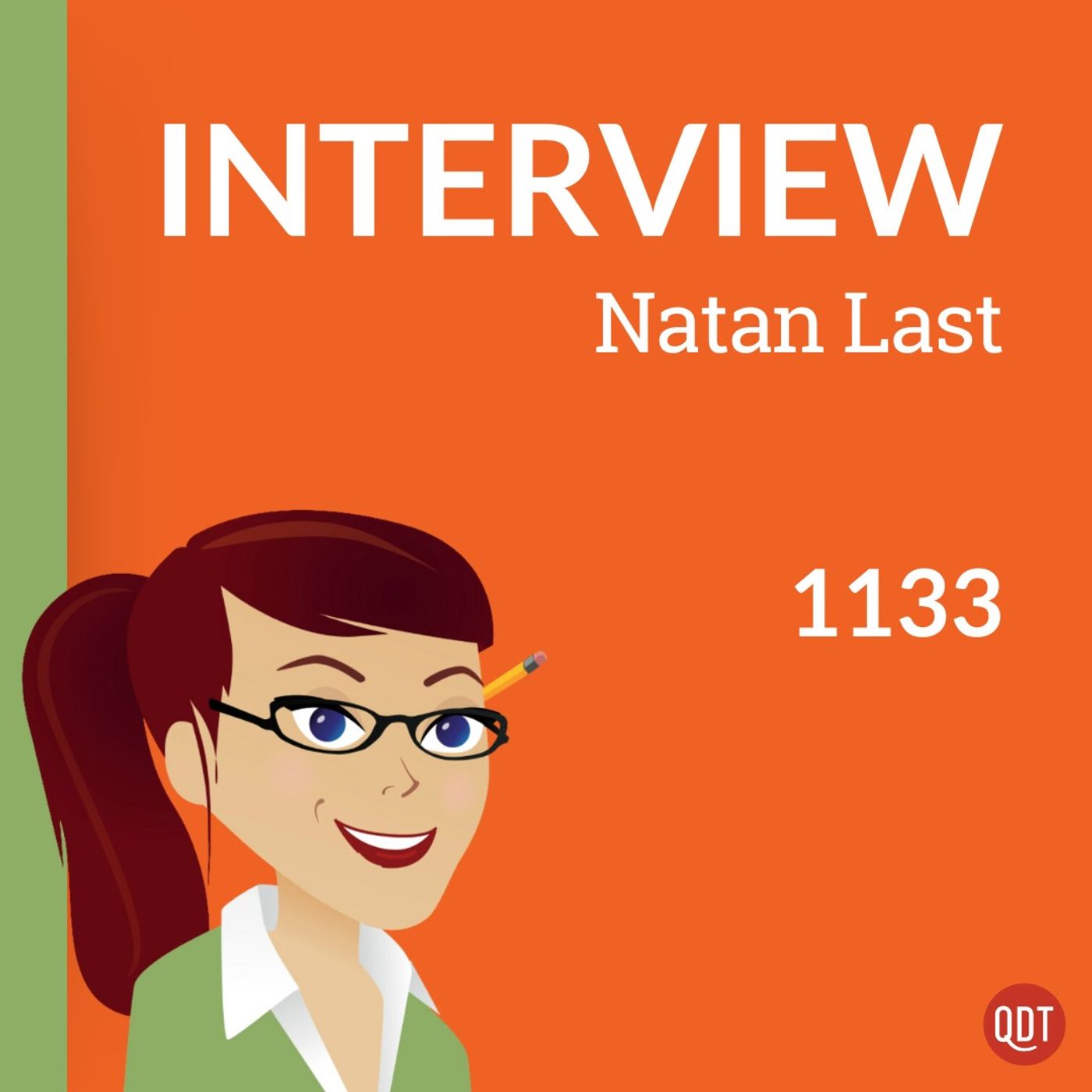
The secret rules of crossword puzzles, with Natan Last
1133. This week, crossword pro Natan Last talks about his book "Across the Universe." We look at the technical and cultural differences between Americ...
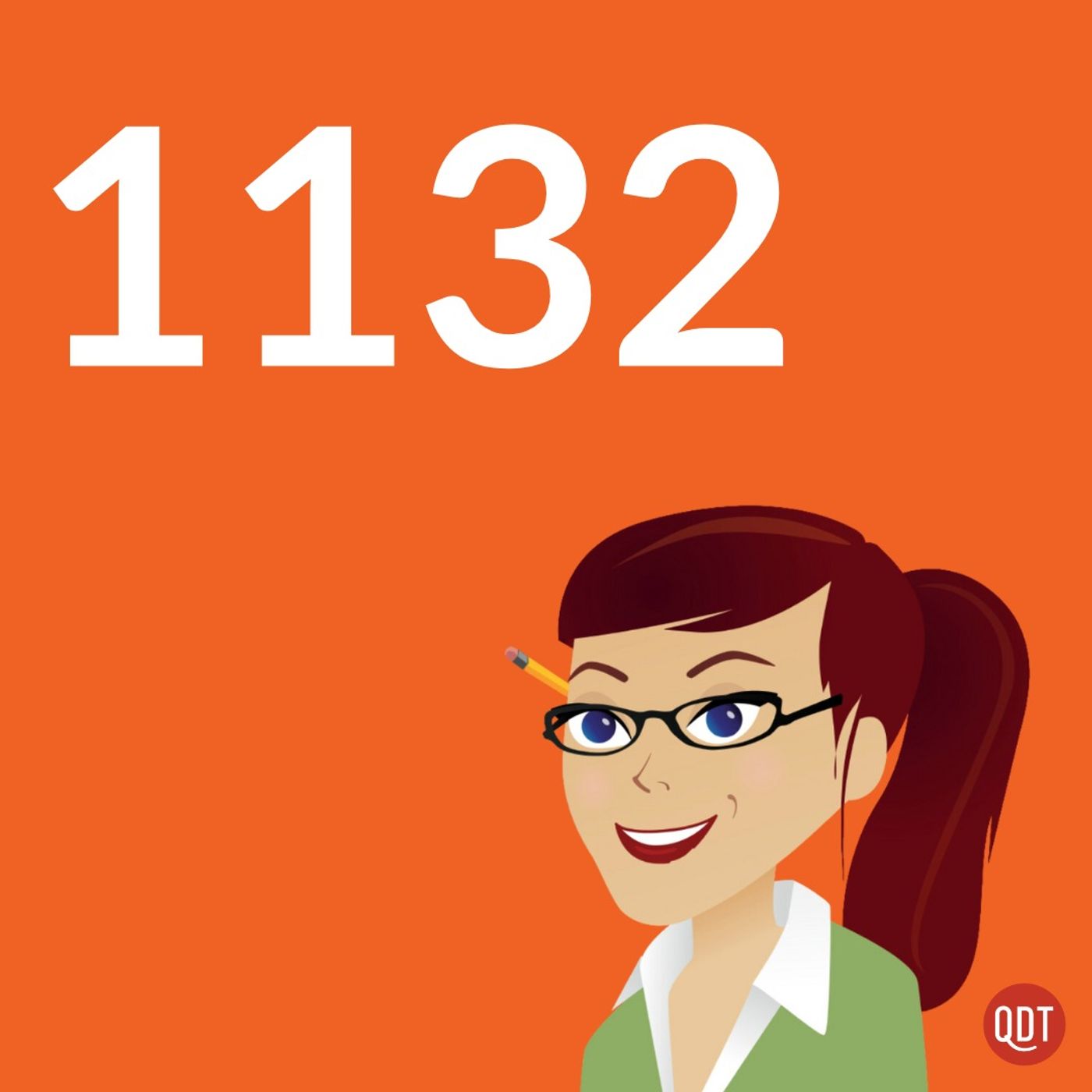
How '23 skidoo' & 'at sixes and sevens' are related to '6-7.'
1132. This week, in honor of Dictionary.com choosing "6-7" as its Word of the Year, we look at the origin of other number phrases: "23 skidoo" and "at...
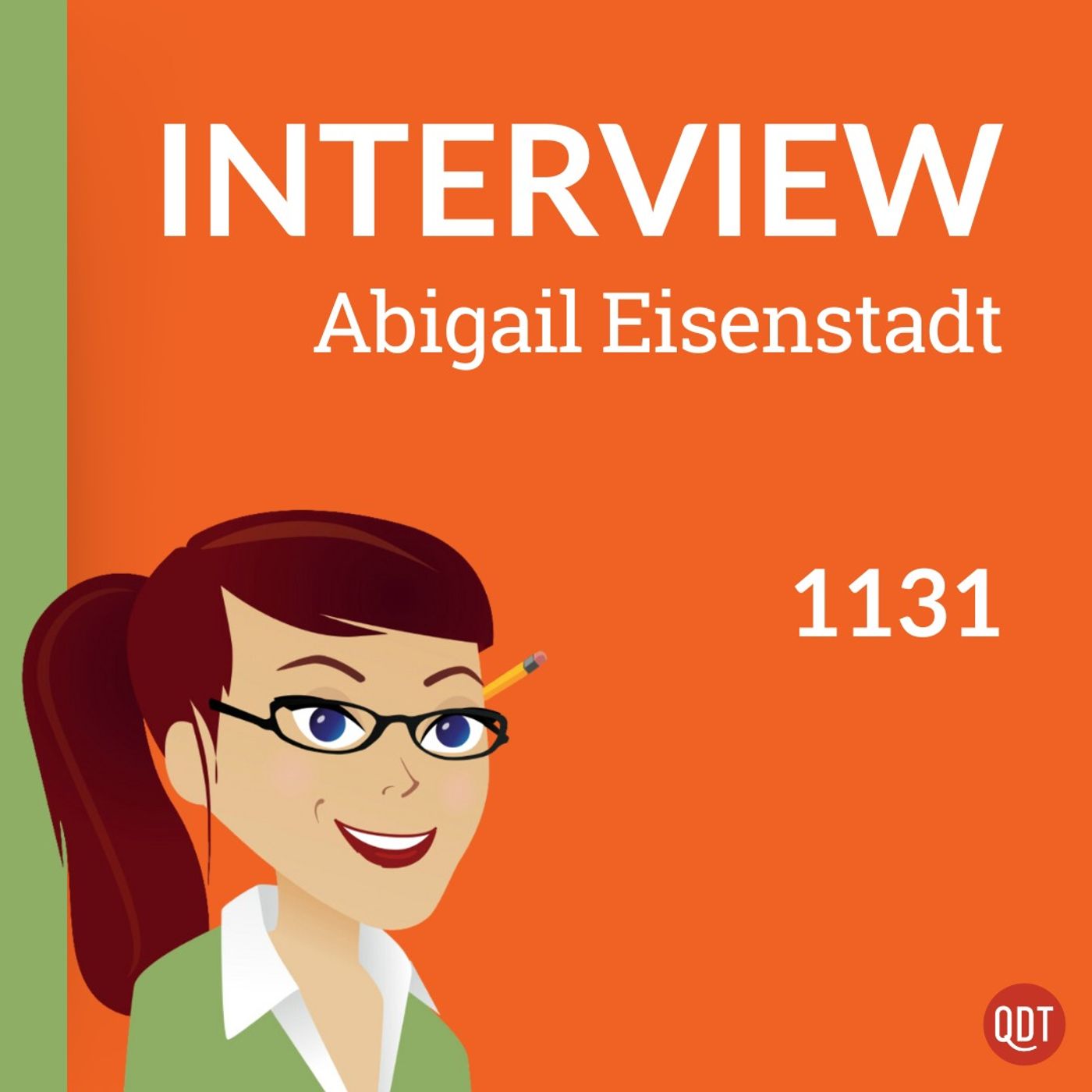
What a ‘Science' magazine experiment says about the future of AI in journalism, with Abigail Eisenstadt.
1131. This week, we talk with ‘Science' magazine senior writer Abigail Eisenstadt about her team's year-long experiment testing ChatGPT's ability to s...
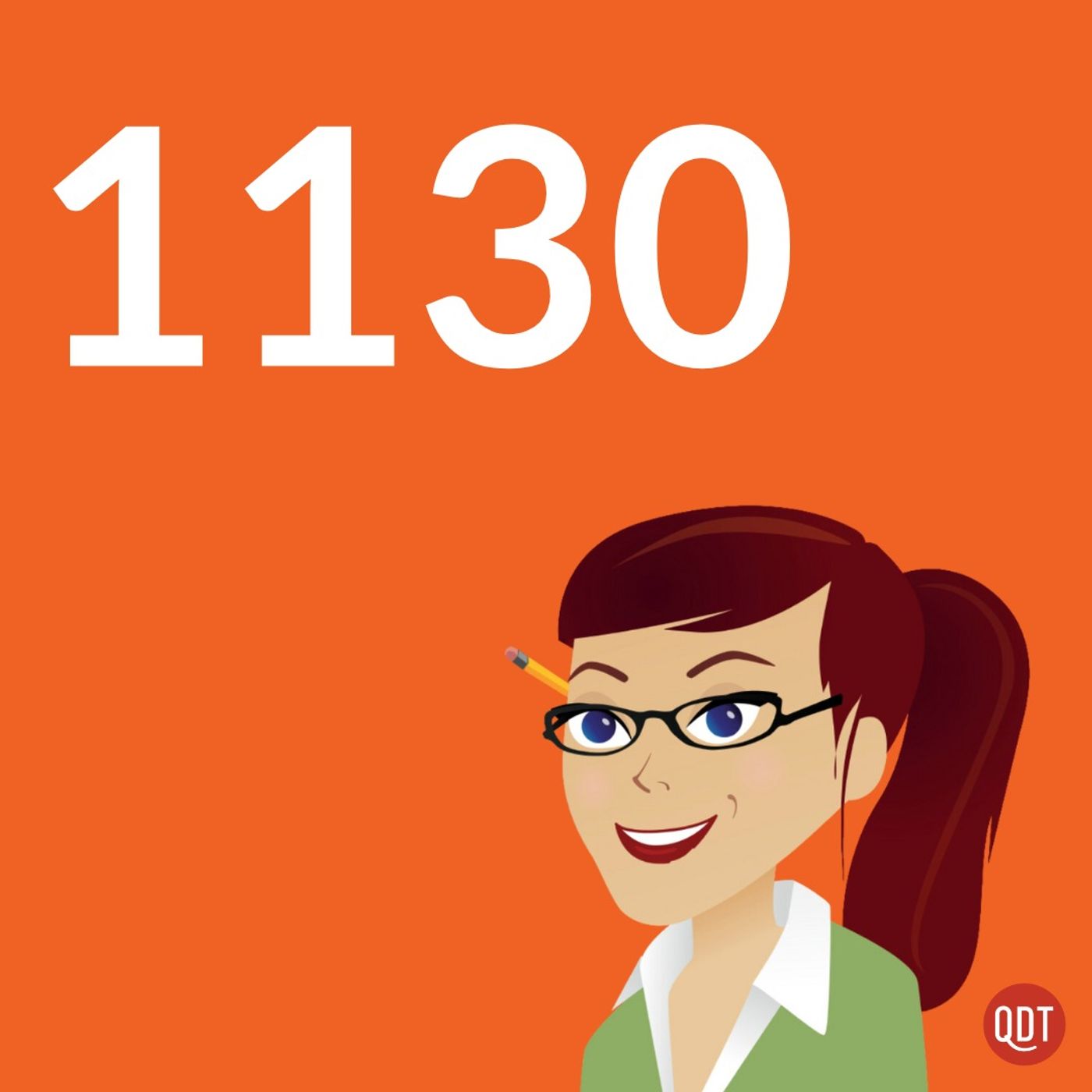
What Roman togas have to do with today's elections. 'Home in' versus 'hone in.'
1130. This week, we look at words related to elections, and then I help you remember the difference between "home in" and "hone in" with a tip that in...

Finding the true history of words, with Ben Zimmer
1129. This week, we talk with Ben Zimmer about the linguistic detective work of antedating words — finding earlier usages than those published in dict...
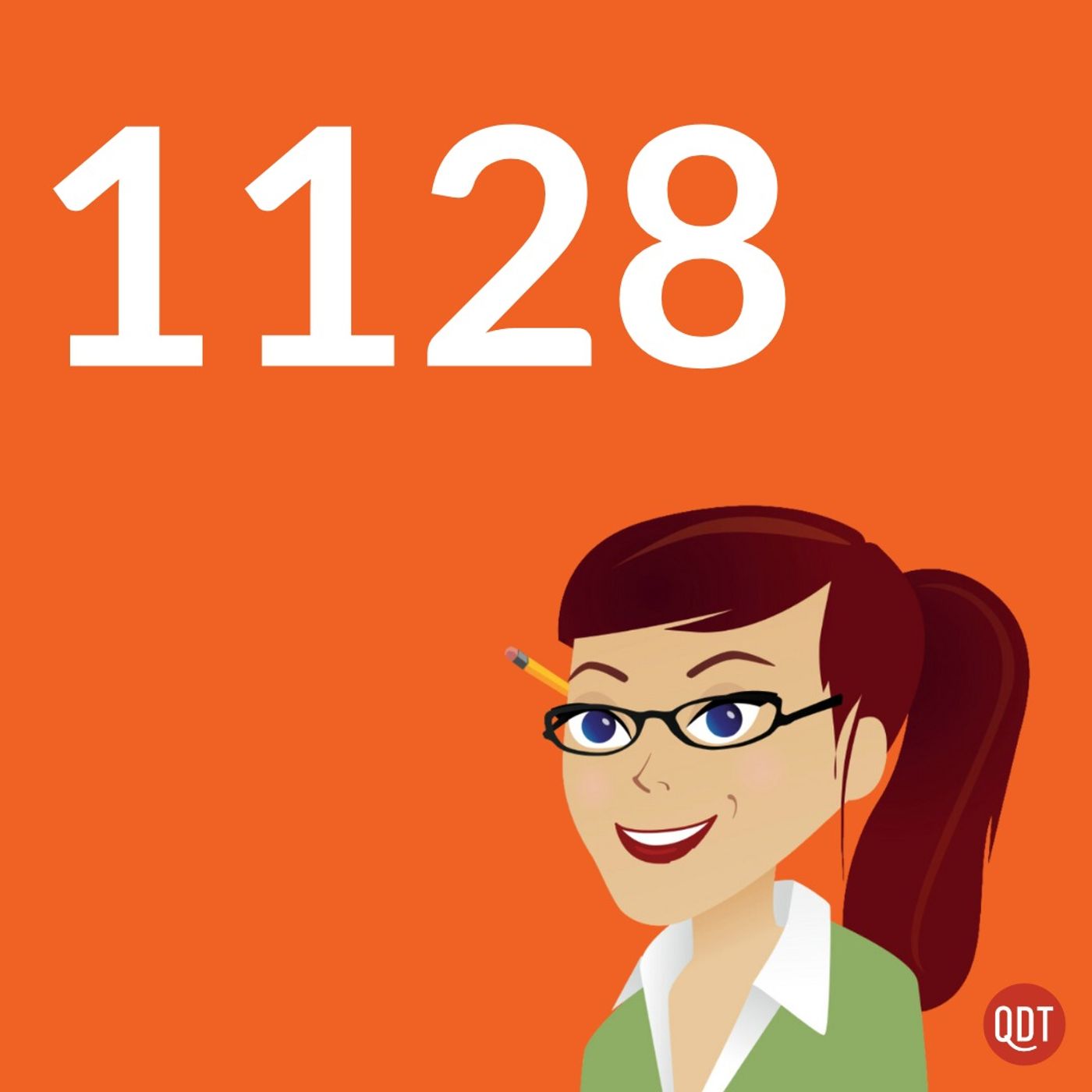
‘Ghost words’ and their history. Rules for ‘between’ and ‘among.’ Wilsoning.
1128. This week, in honor of Halloween, we look at “ghost words” and phrases, from “ghost runners” in baseball to “ghost forests” made by earthquakes....
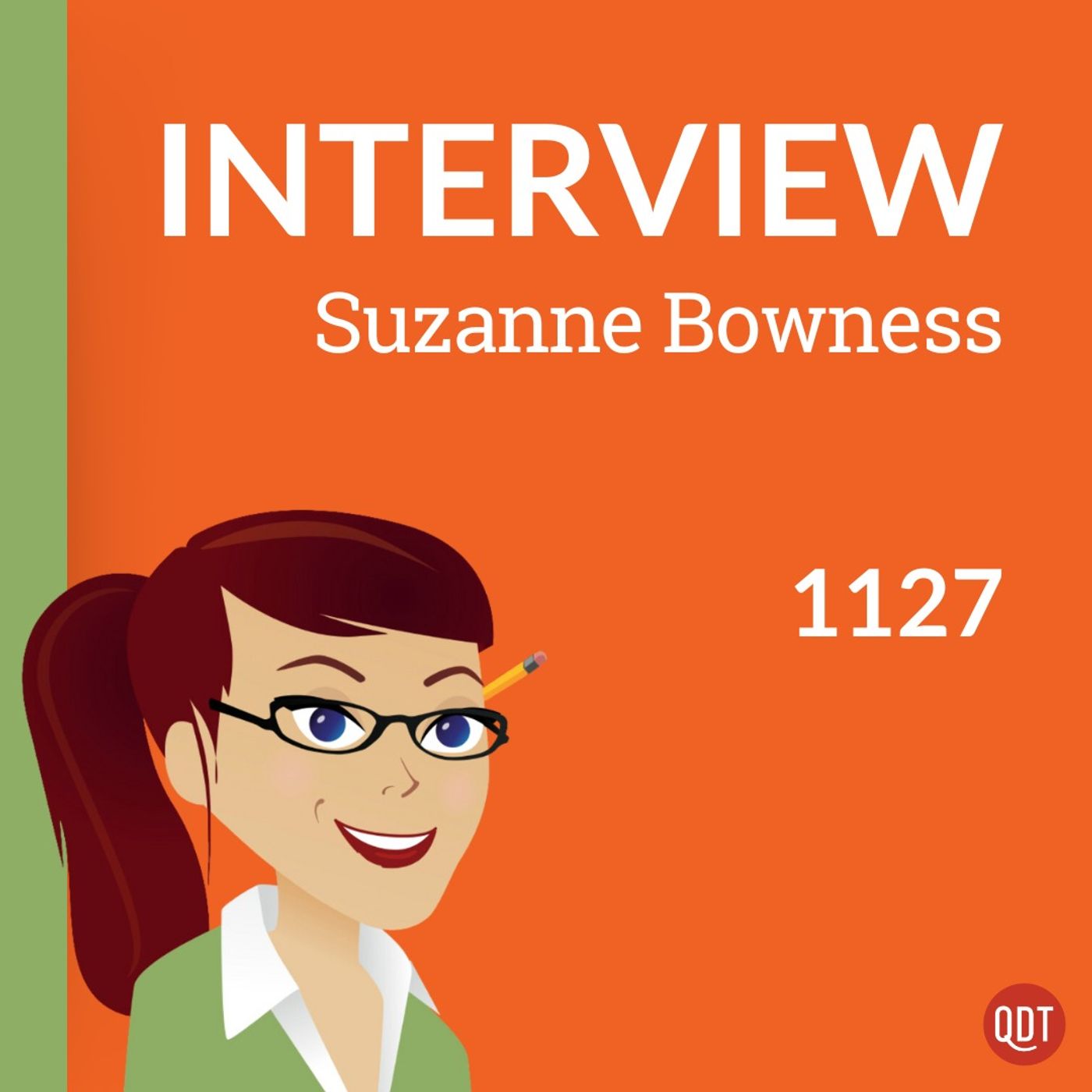
How to be a ‘feisty freelancer,’ with Suzanne Bowness
1127. This week, we talk with Suzanne Bowness about creating a successful life as a writer. We look at high-value industries that are good targets for...
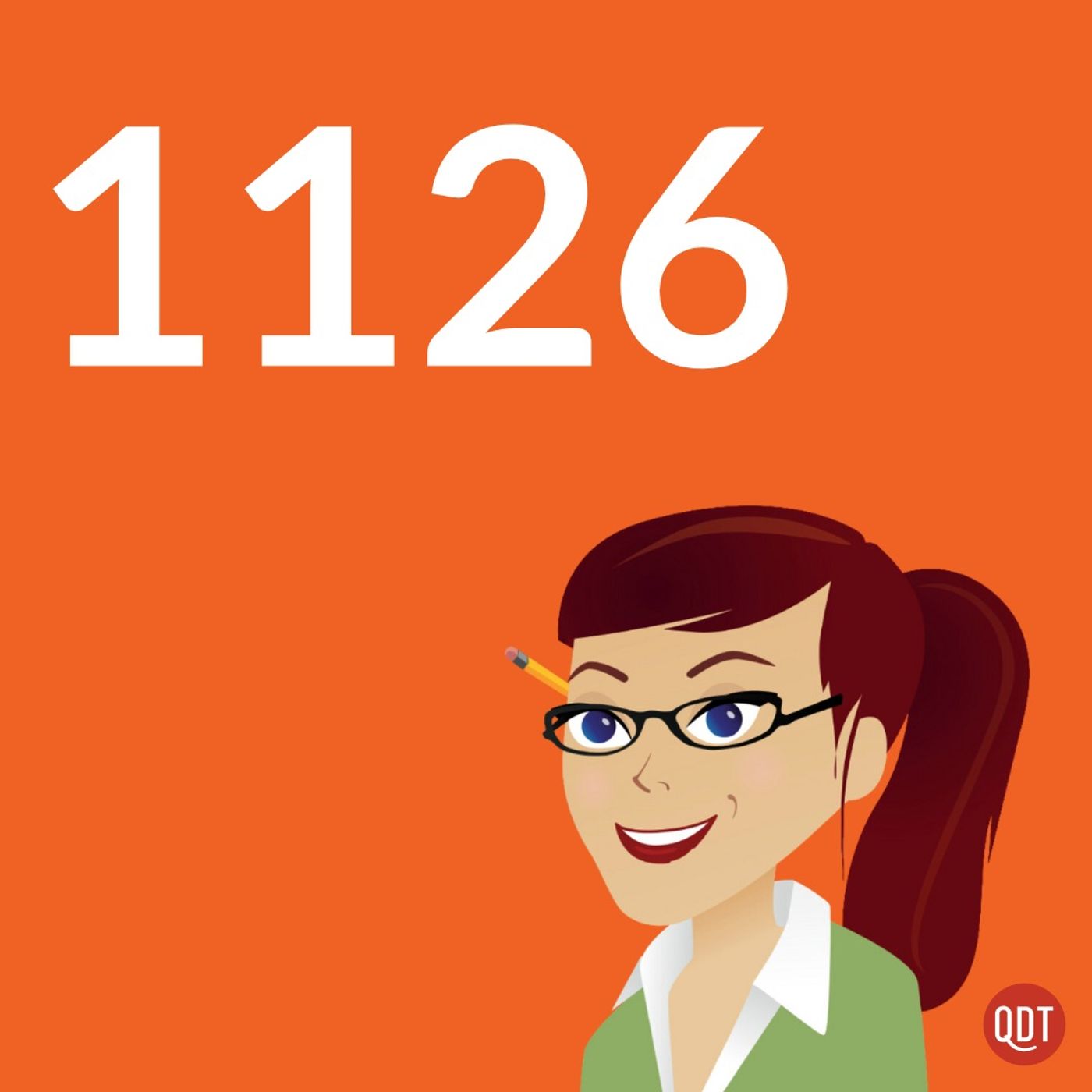
Shakespeare's ‘wherefore’ and other false friends. The language of fear. A Tom.
1126. This week, we look at words for fear and why "wherefore" doesn't mean what many people think it means.
The false friends segment was writt...
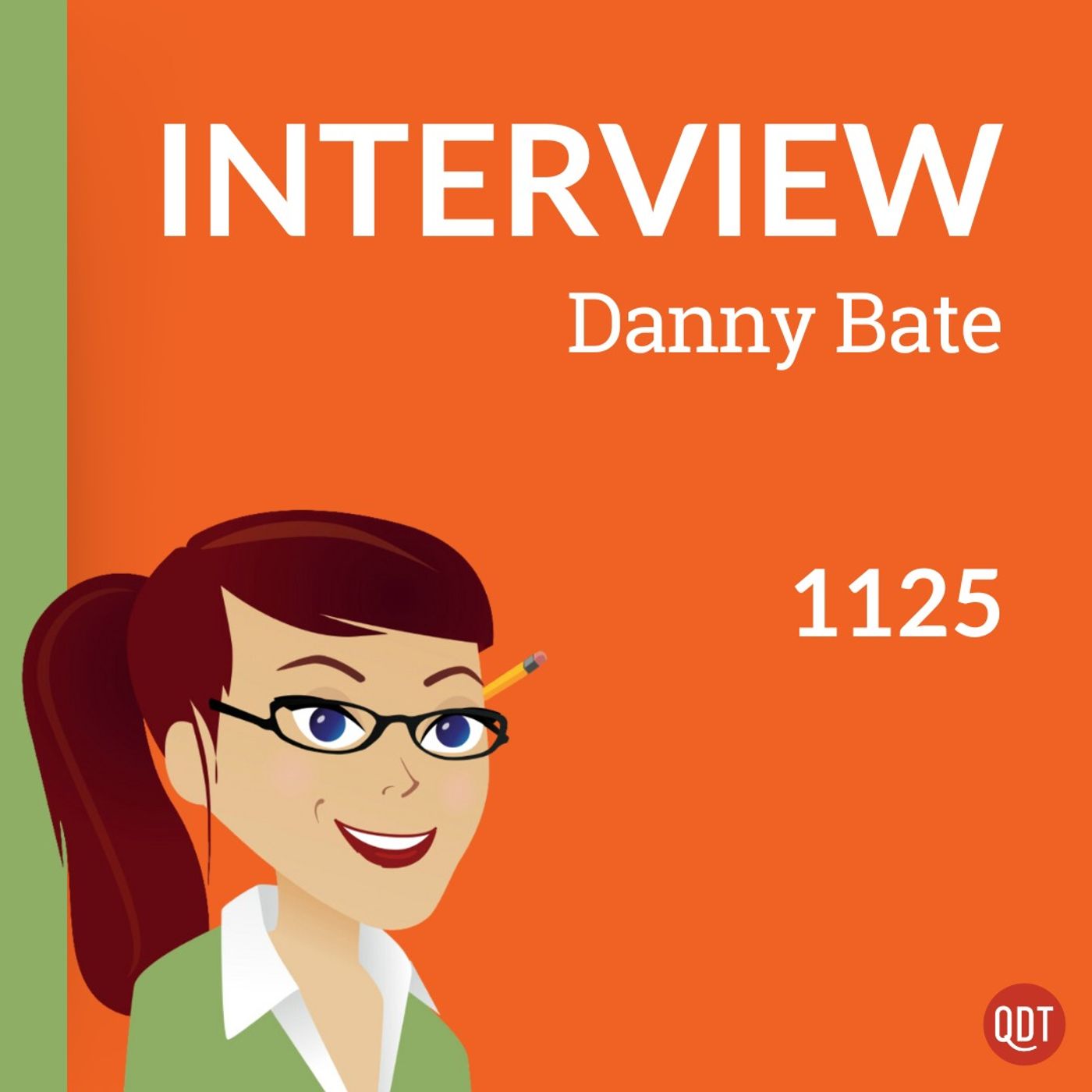
Why Q needs U and how hieroglyphics created our alphabet, with Danny Bate
1125. This week, we talk with linguist and author Danny Bate about his book, "Why Q Needs U." We look at the ancient origins of our alphabet, tracing...
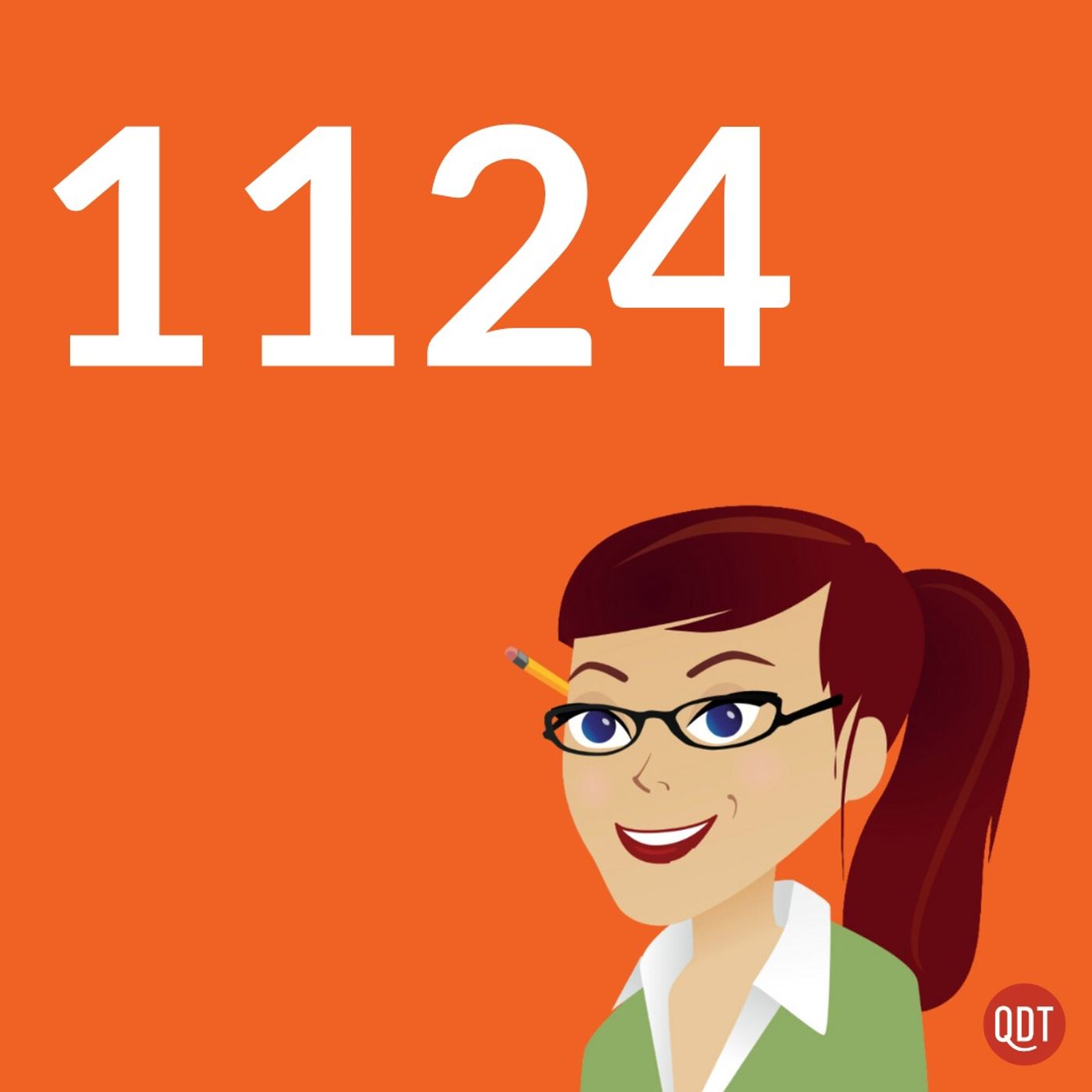
The political, royal and obscene meanings of blue. The differences in ‘plumb’ and plum.’
1124. This week, we look at blue idioms, including the political history of "blue states," the medical reason for being "blue in the face," and the as...
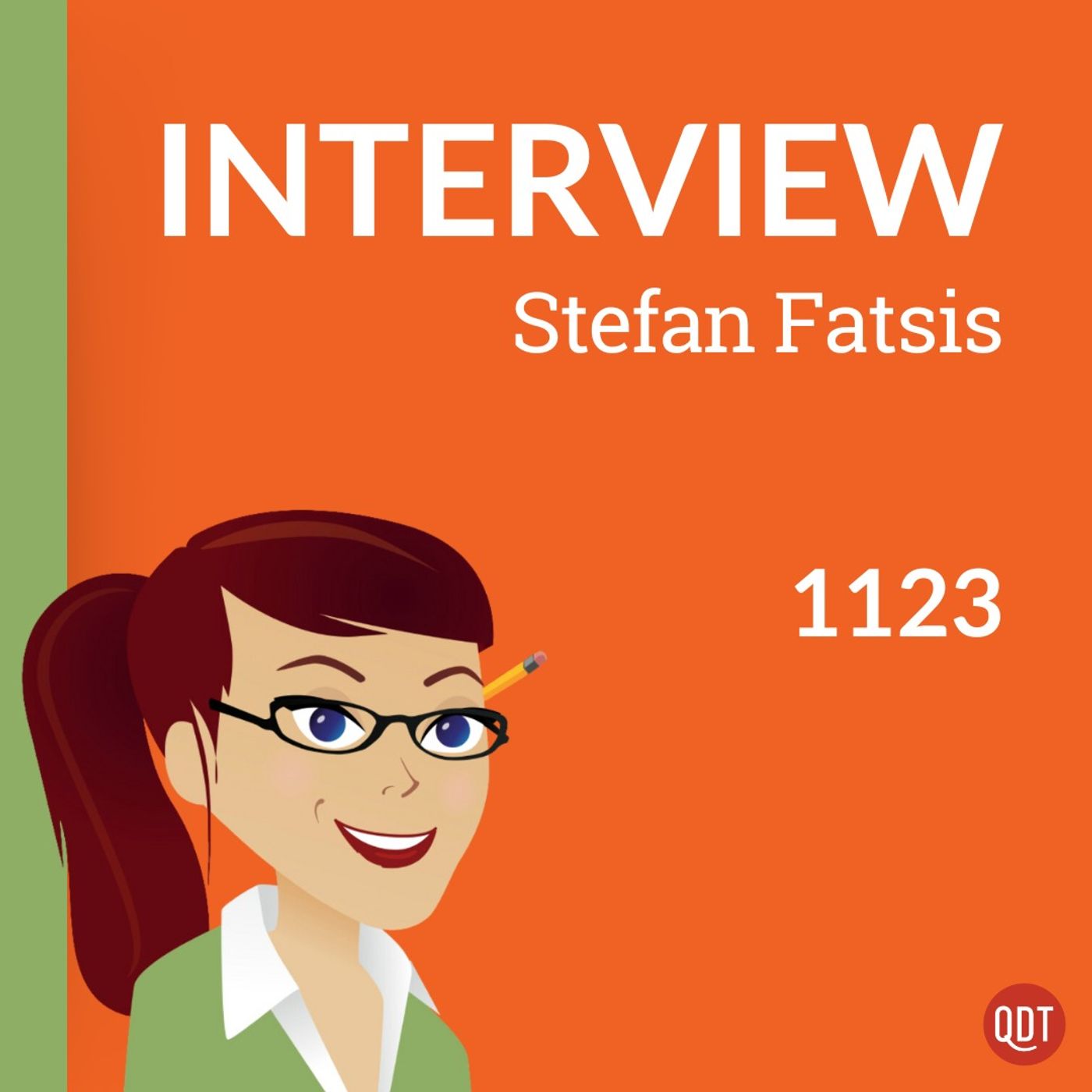
The fight for the modern dictionary, with Stefan Fatsis
1123. This week, we talk with author and self-described “word freak” Stefan Fatsis about his book "Unabridged." He shares his experience embedding at...
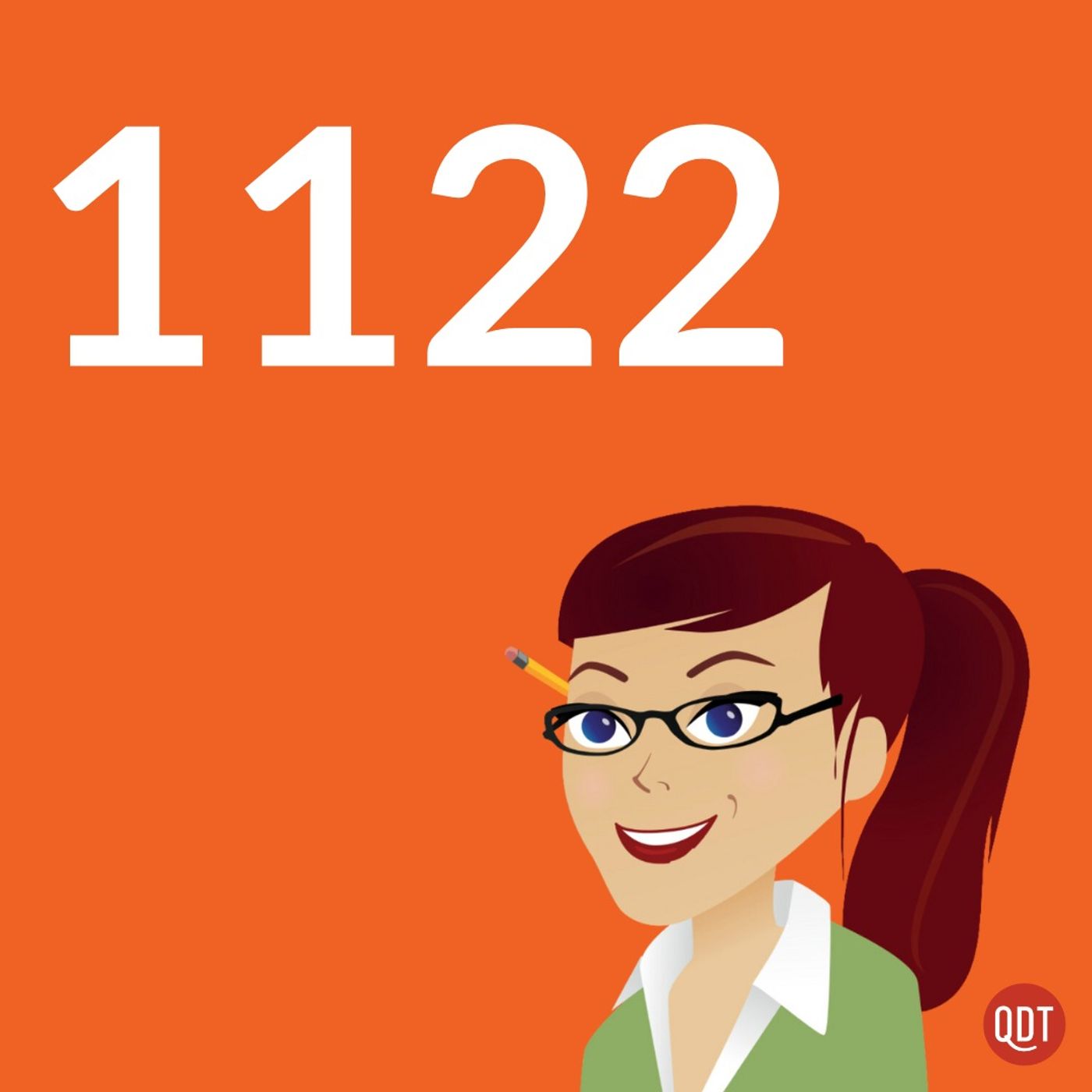
‘Math’ versus ‘maths’ and other British differences. ‘Spendthrift’ means what?
1122. This week, we look at two subtle but persistent differences between American and British English: why Americans say "math" and Brits say "maths,...
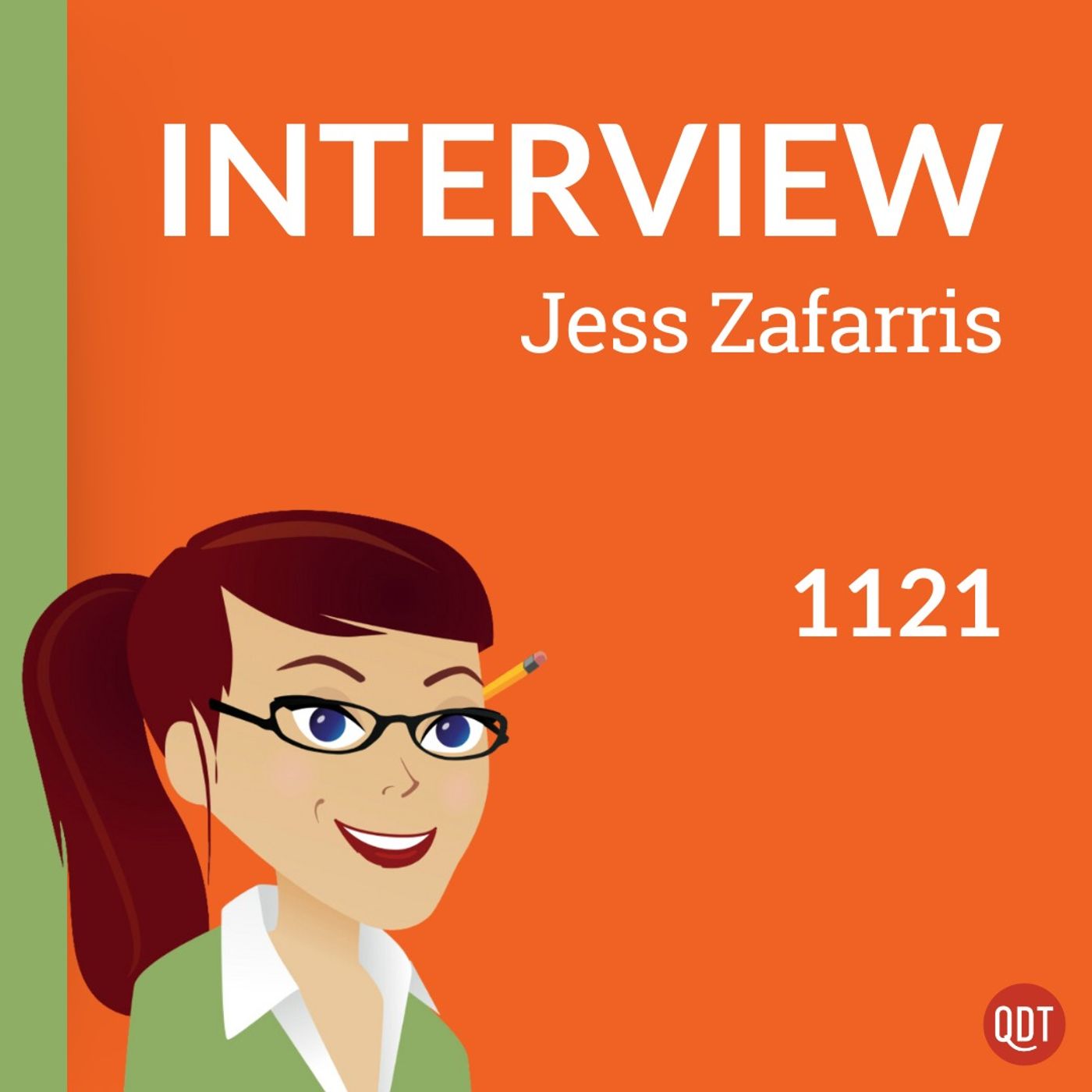
Why ‘Useless Etymology’ gives you super powers, with Jess Zafarris
1121. This week, we talk with Jess Zafarris about her book “Useless Etymology.” We look at three ways she says etymology gives you superpowers. We als...
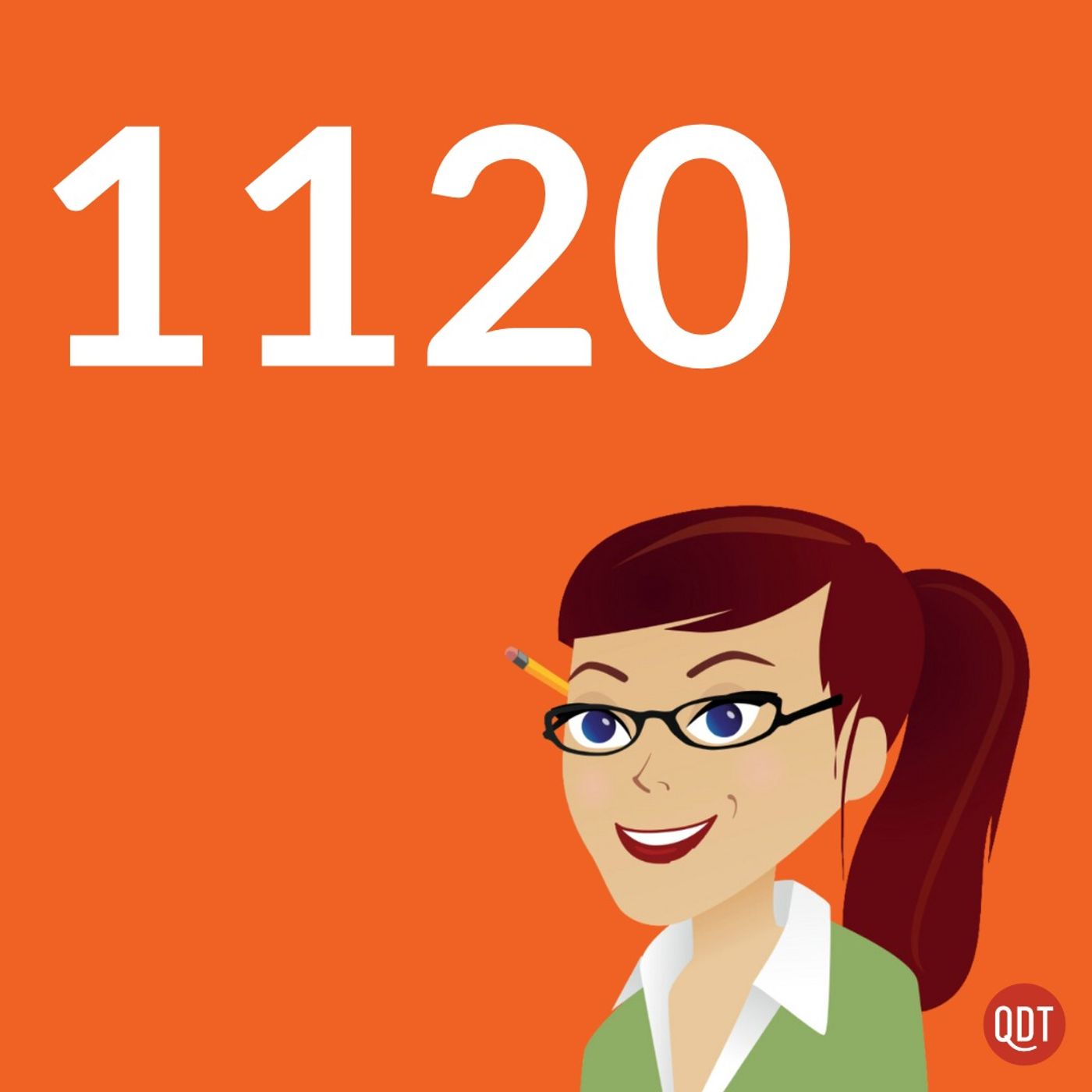
Can you use ‘epicenter’ for positive things? The etymology of ‘bro.’ Mukwonago, Oconomowoc.
1120. This week, we look at tricky uses of the word "epicenter" and how people feel about using it metaphorically. We also look at where the word “bro...
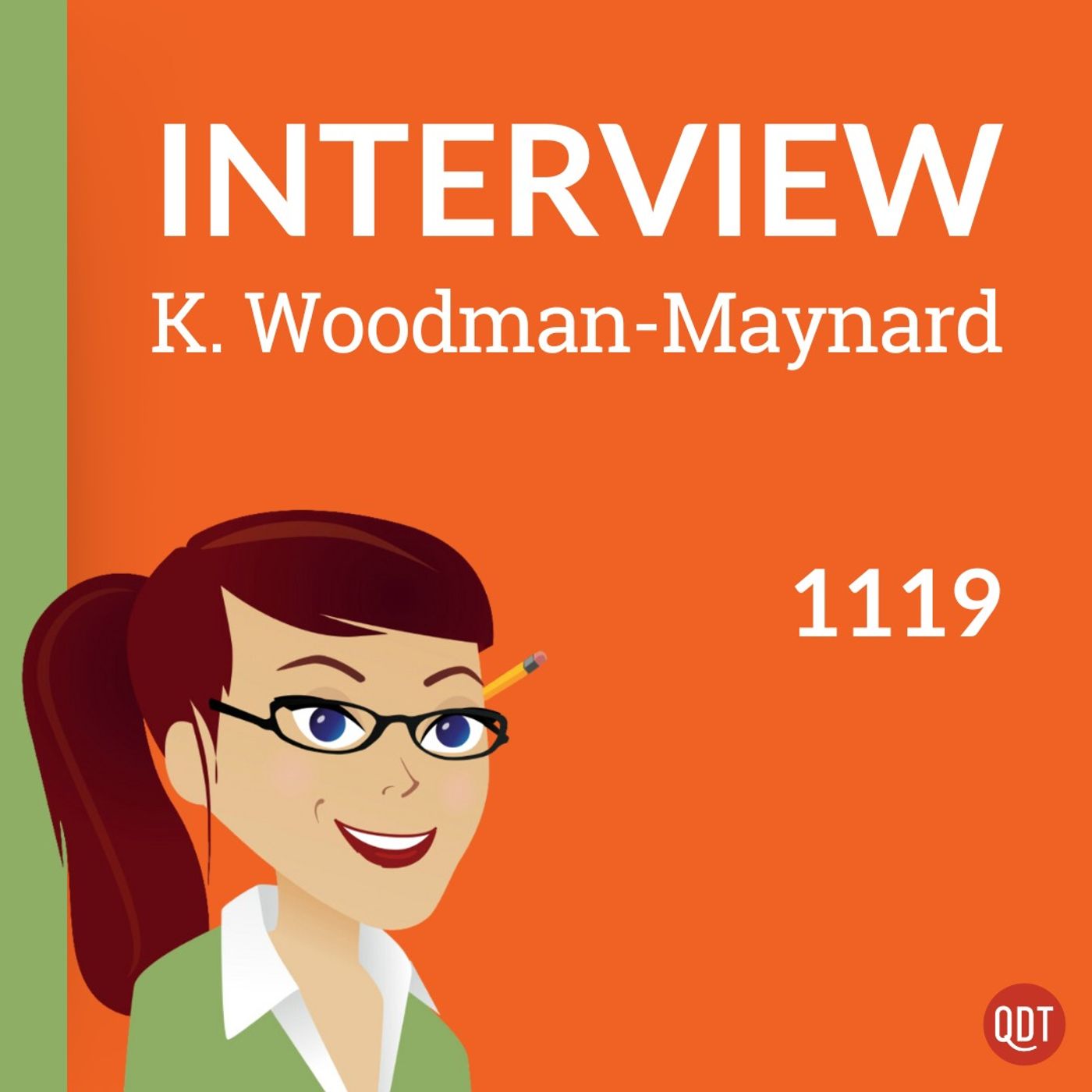
Adapting a classic: from words to watercolors, with K. Woodman-Maynard
1119. This week, we talk with illustrator and cartoonist K. Woodman-Maynard about her new graphic novel adaptation of "Tuck Everlasting." We look at t...
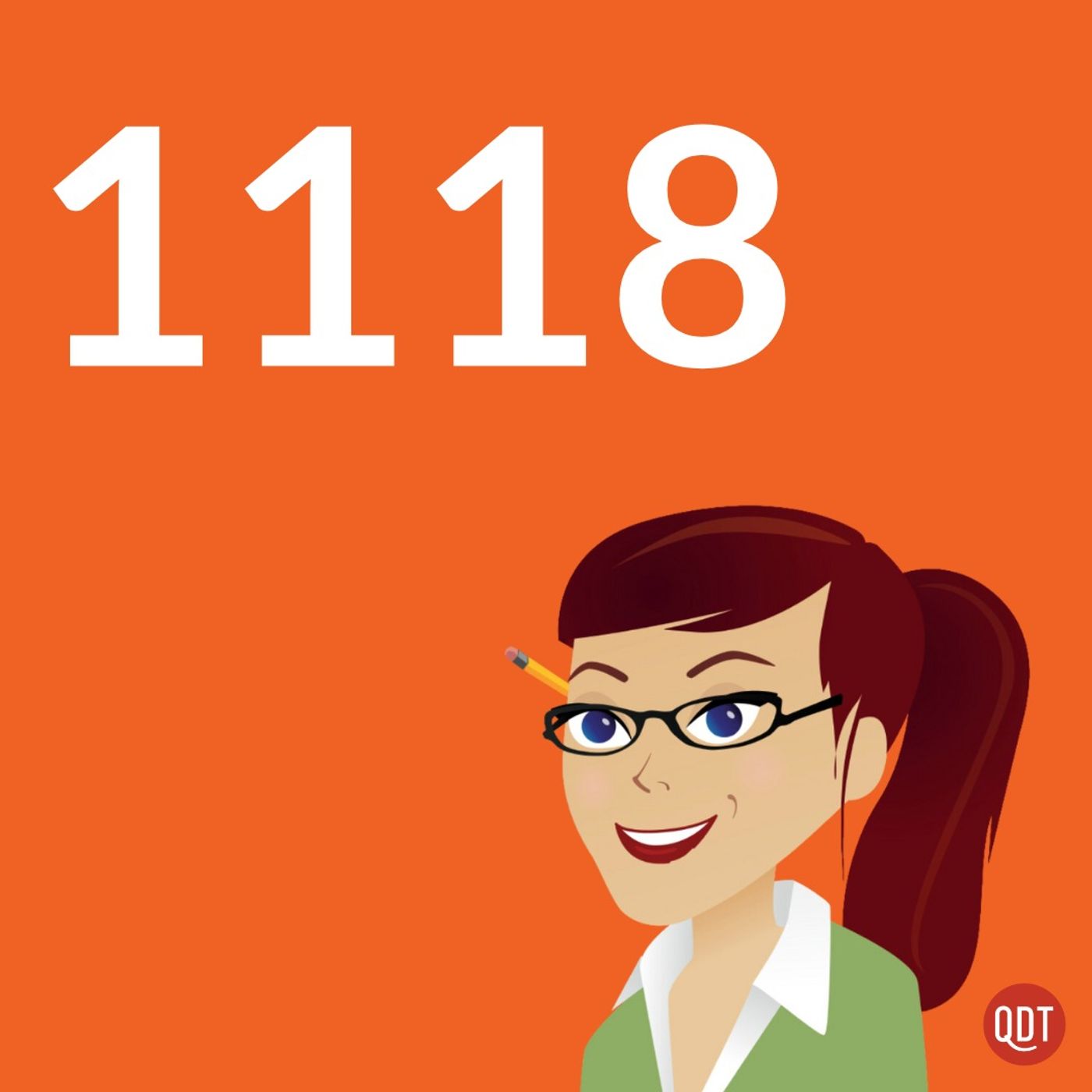
Dime idioms. ‘HoCo’ and syllable acronyms. Pulling a Trevor
1118. This week, we look at the origins of idioms related to the word "dime," like "turn on a dime" and "get off the dime." We also look at a special...
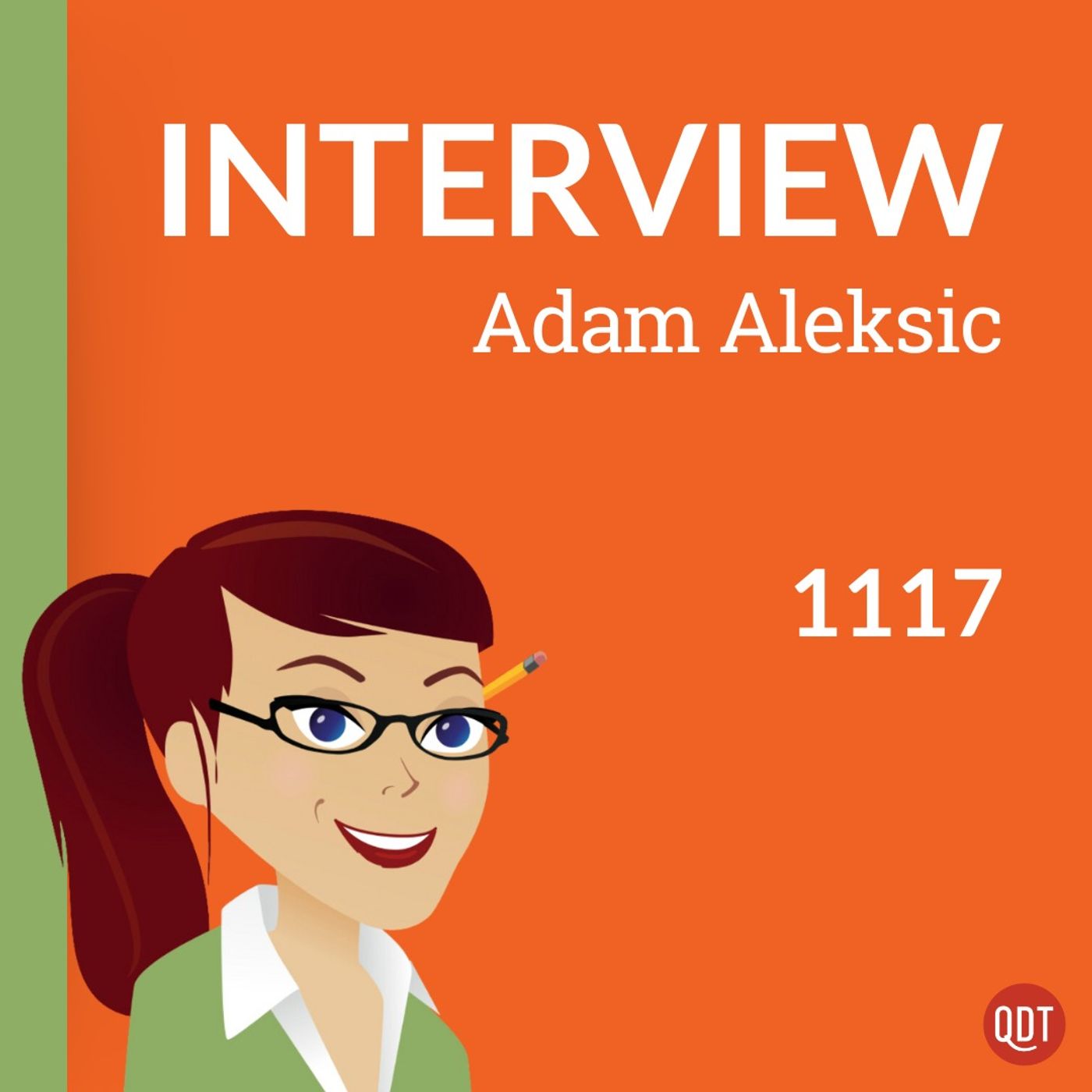
How algorithms are changing the meaning of words, with Adam Aleksic
1117. This week, we talk with Adam Aleksic, also known as the Etymology Nerd, about the ways algorithms are changing the meaning of words. We look at...
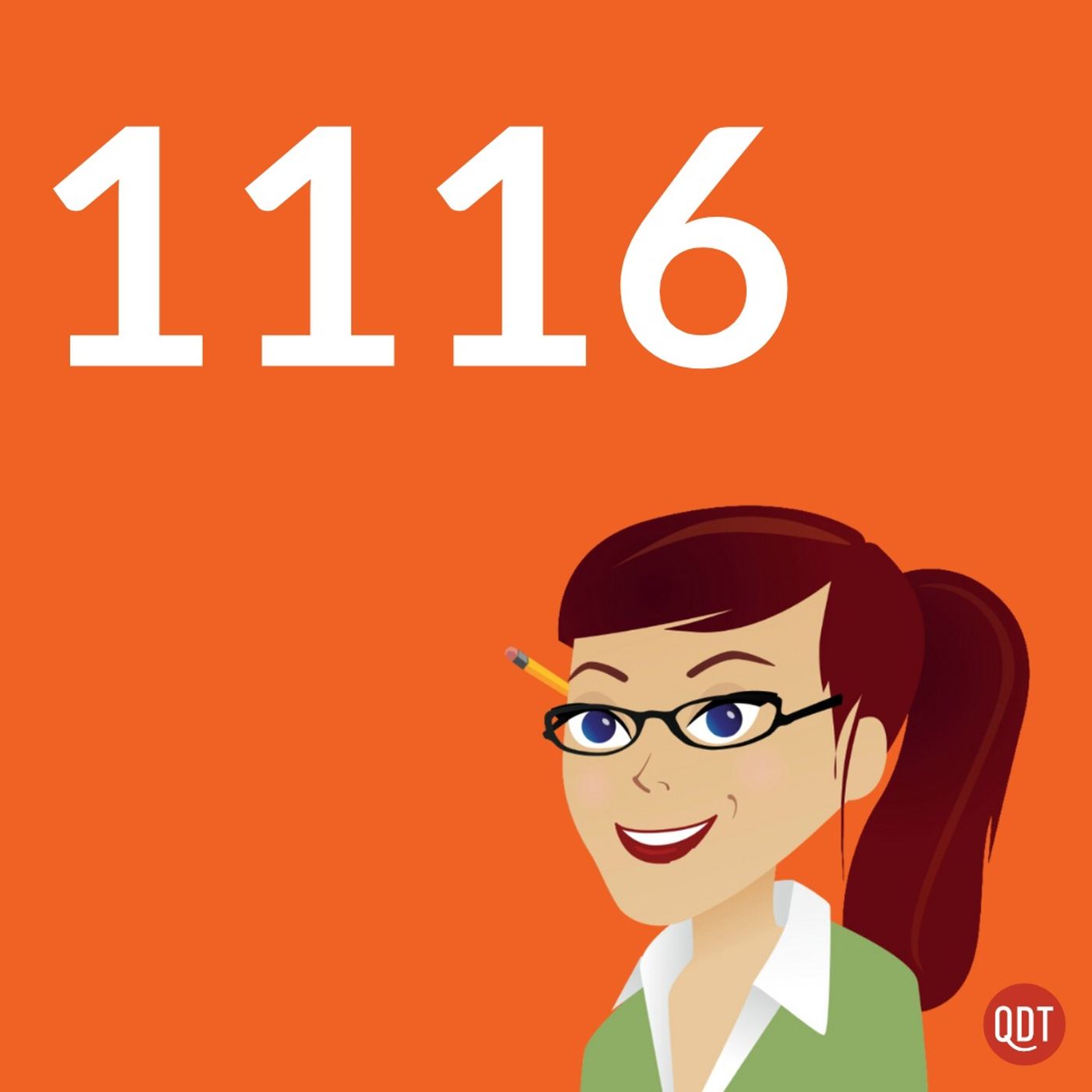
The pirate history of ‘scallywag.’ ‘Used to’ versus ‘use to.’ Cheese grits.
1116. This week, we clarify the origins of the word "Schnauzer" and why it may mean "snout," "growler," or "mustache." Then, in honor of Talk Like a P...